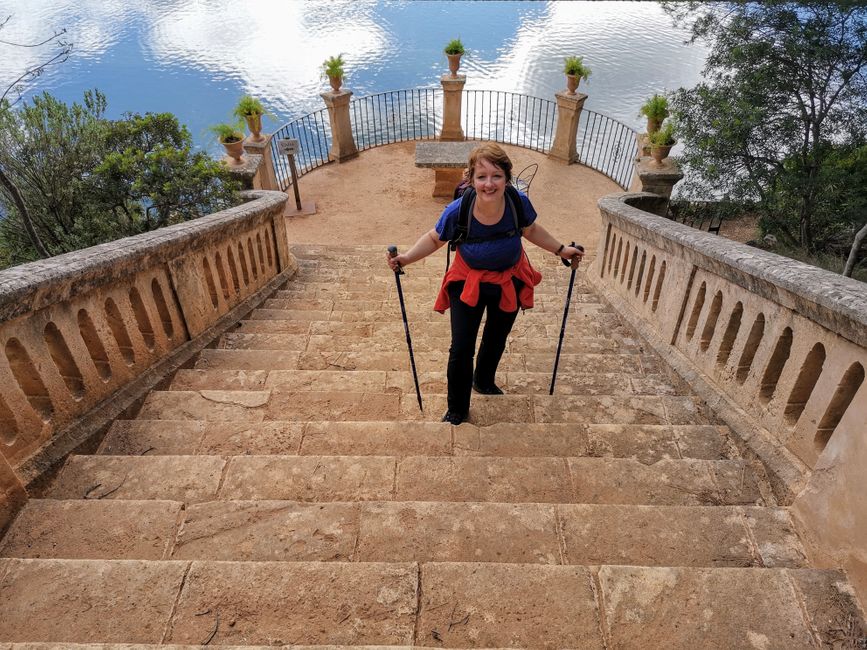Day 14 & Day 15, May 3rd and 4th, 2021: Office Day & Boda Boda Tour to the Rwenzori Mountains in Mbunga
شائع شدہ: 07.05.2021
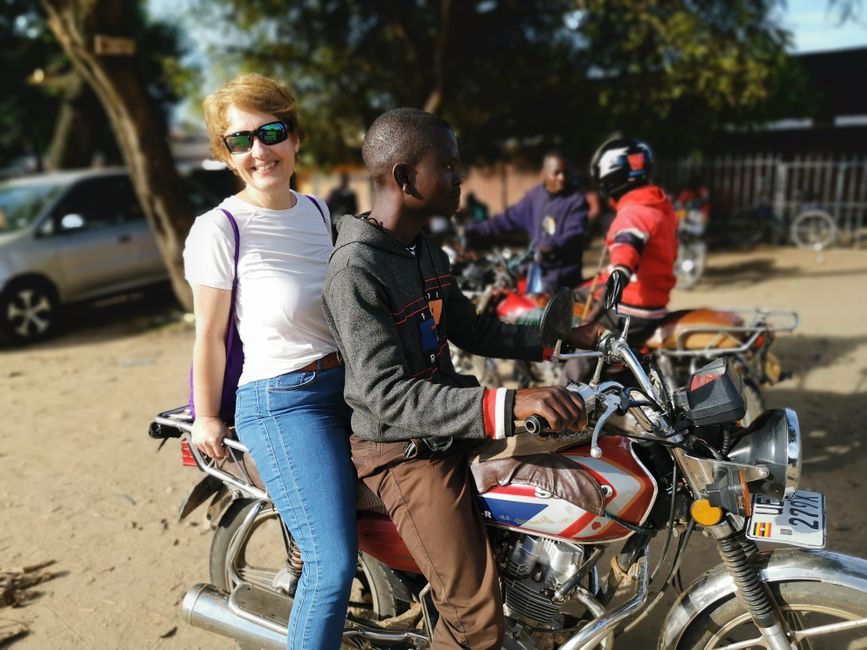
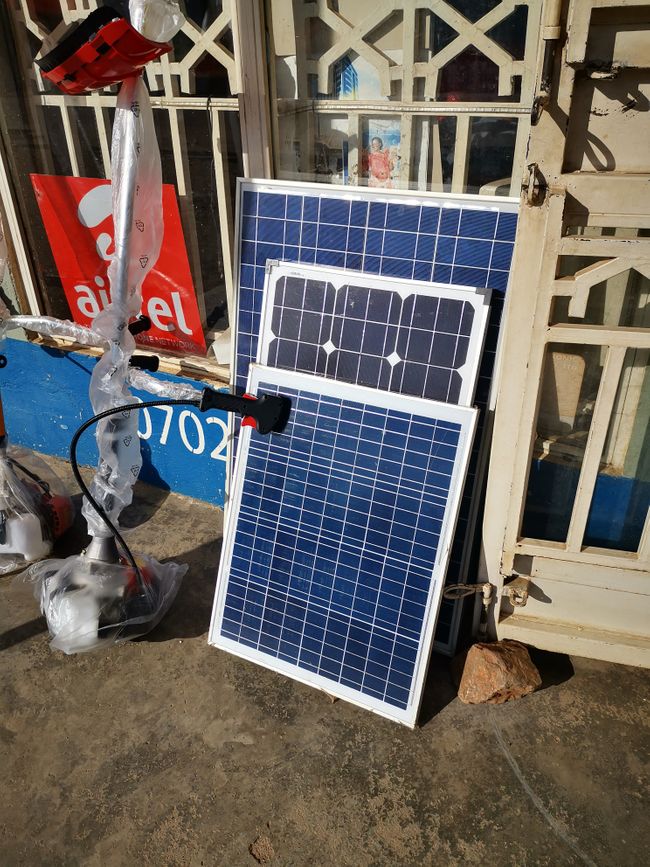
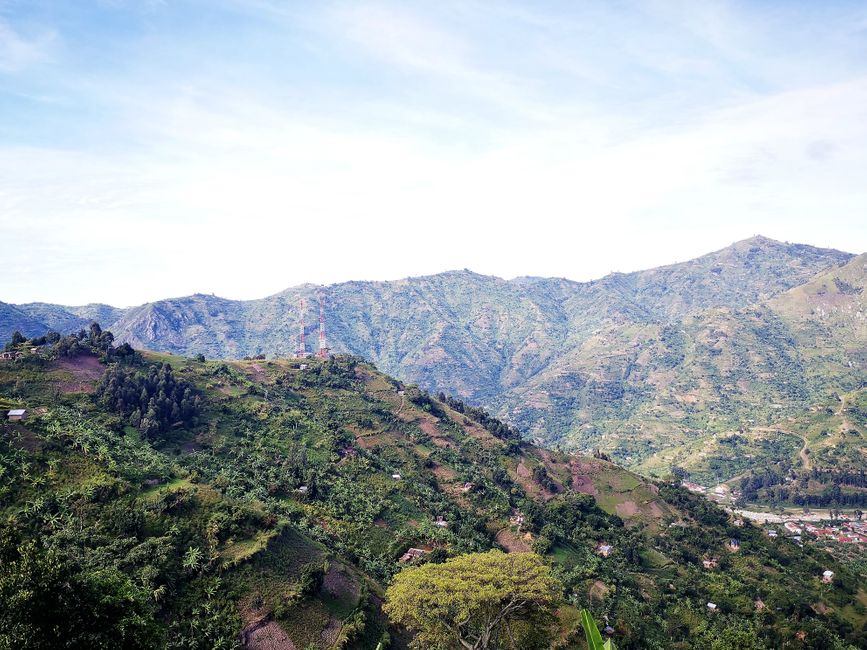
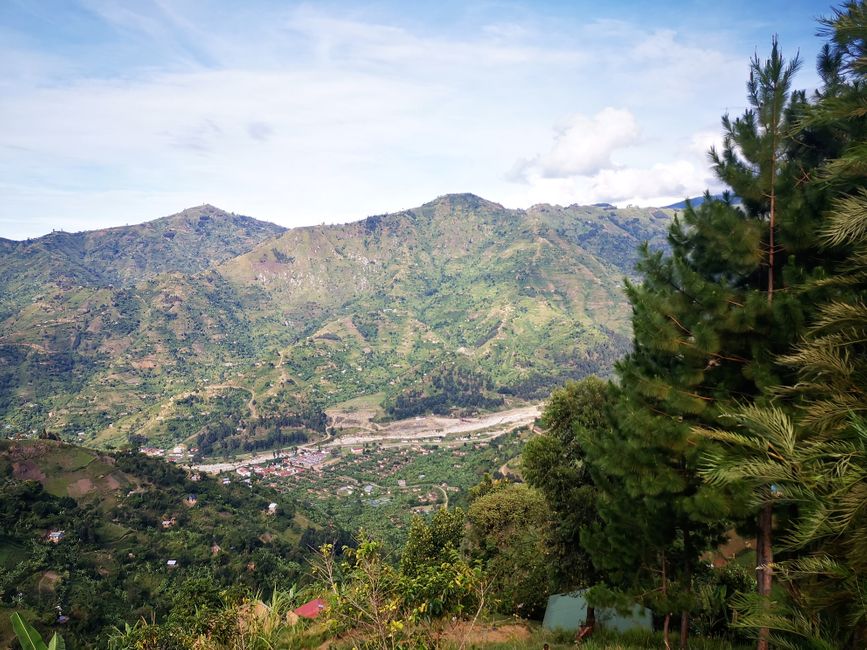
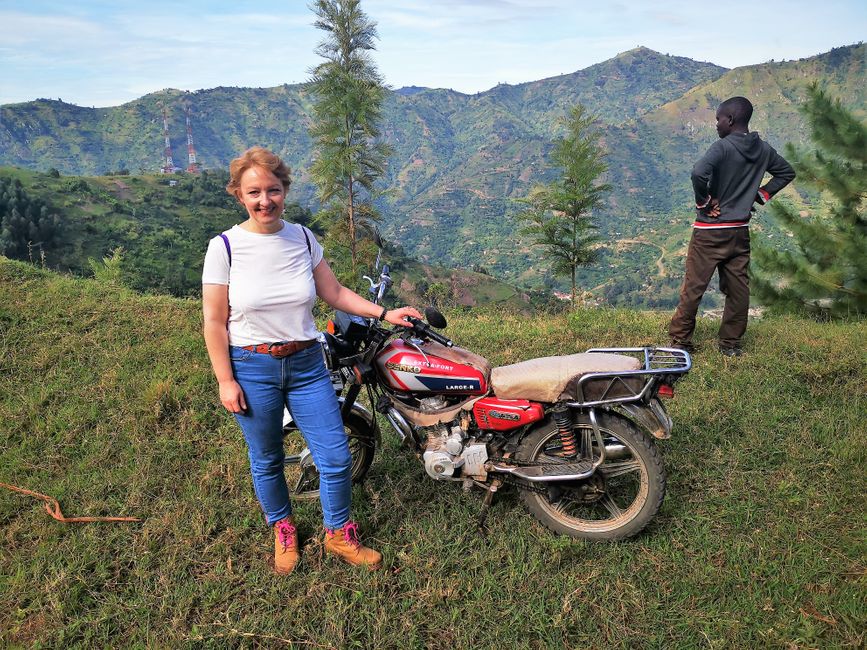
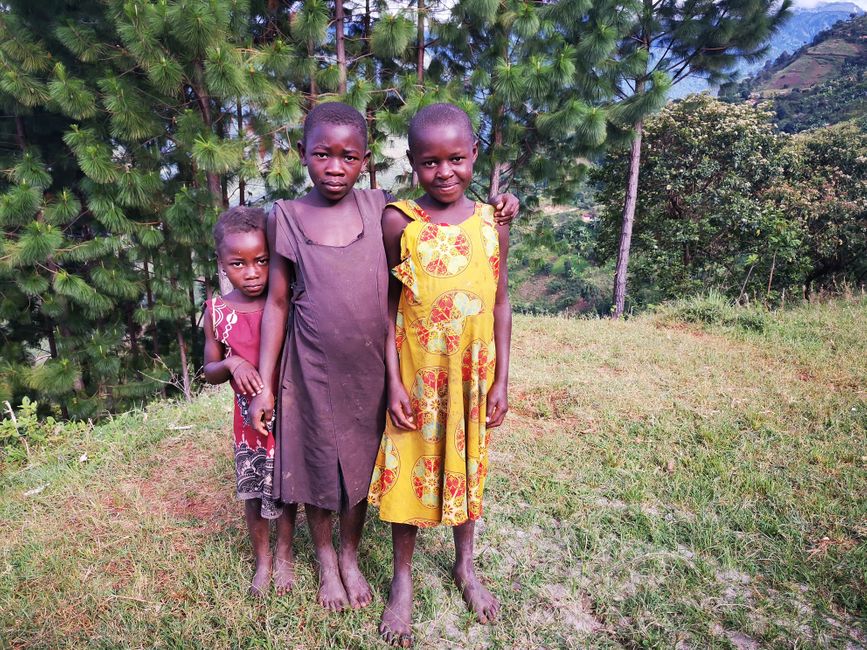
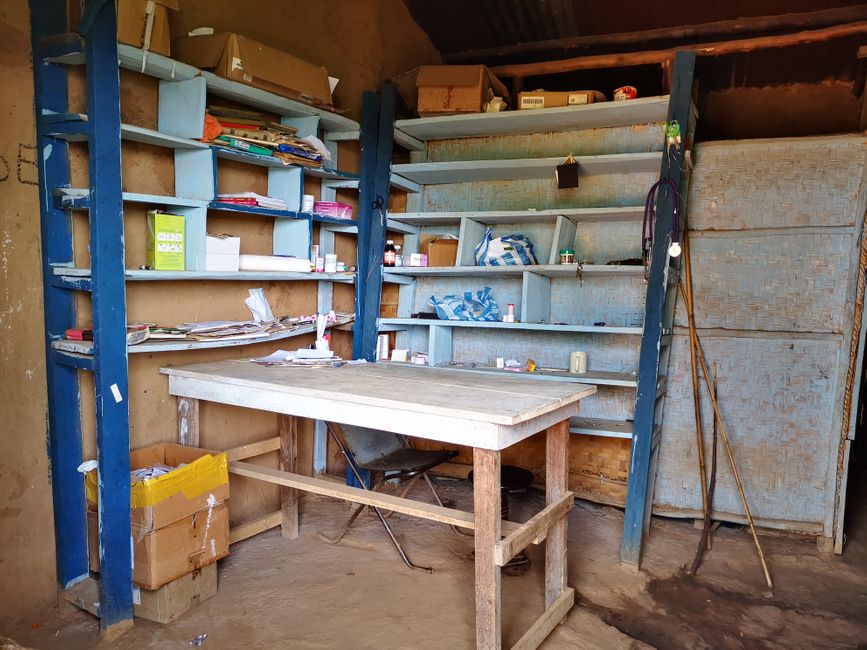
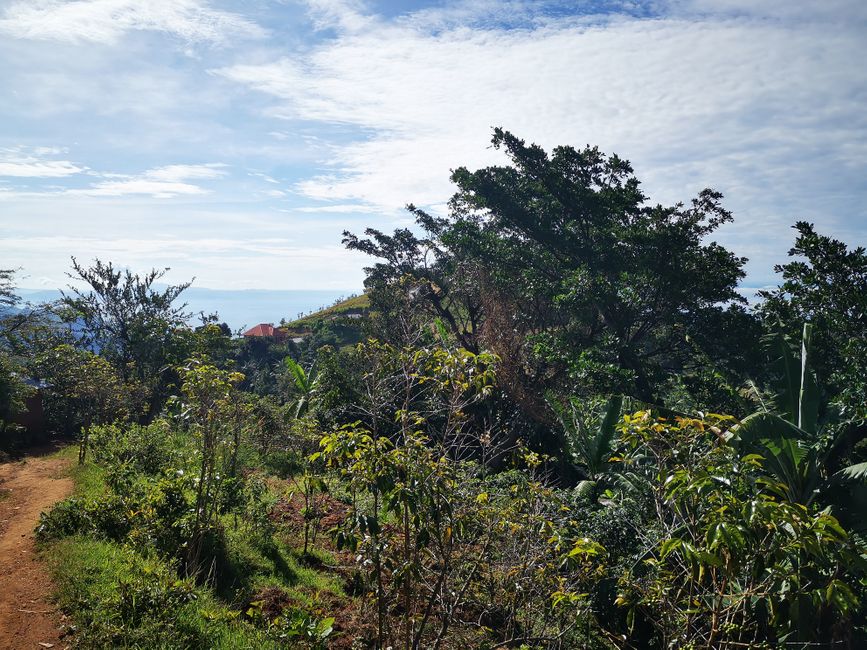
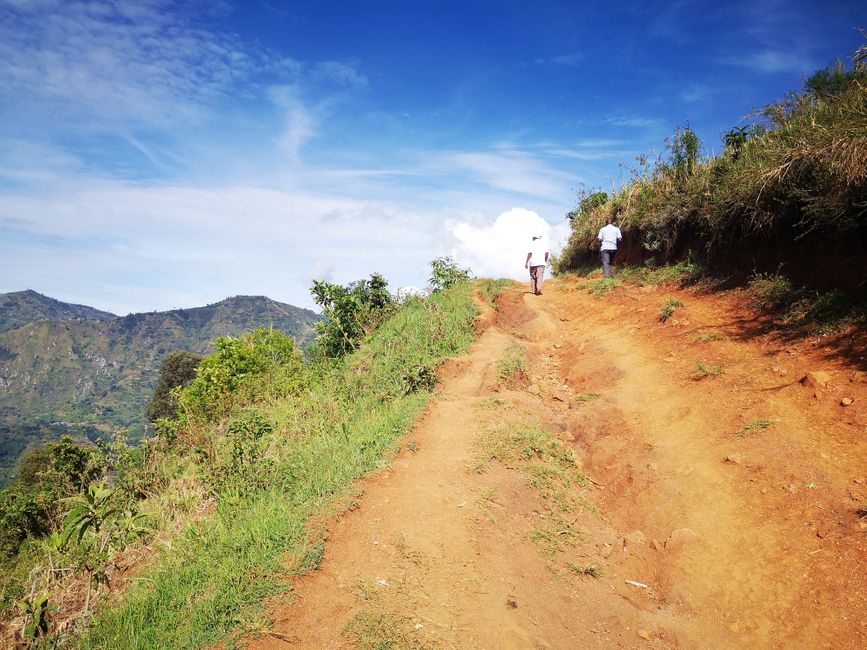
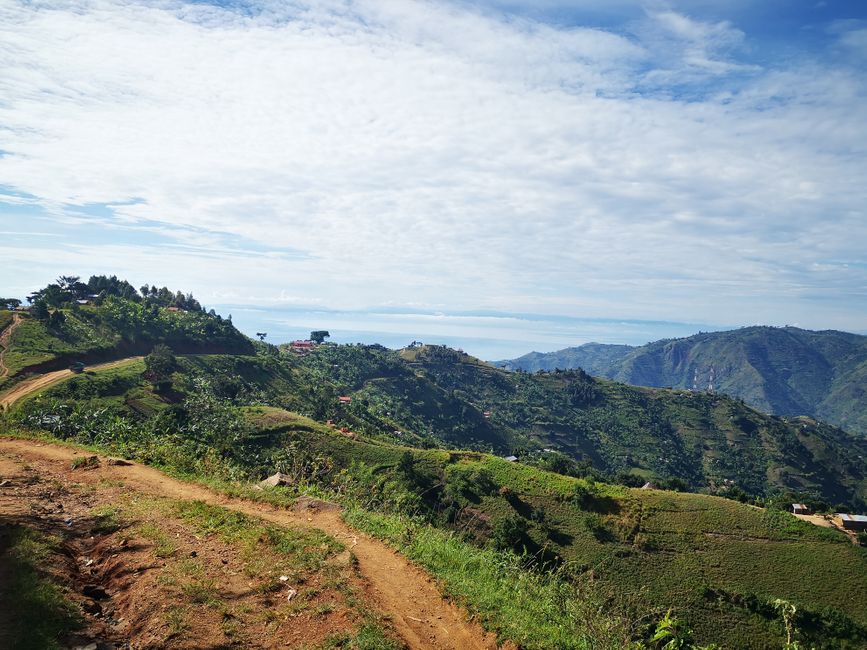
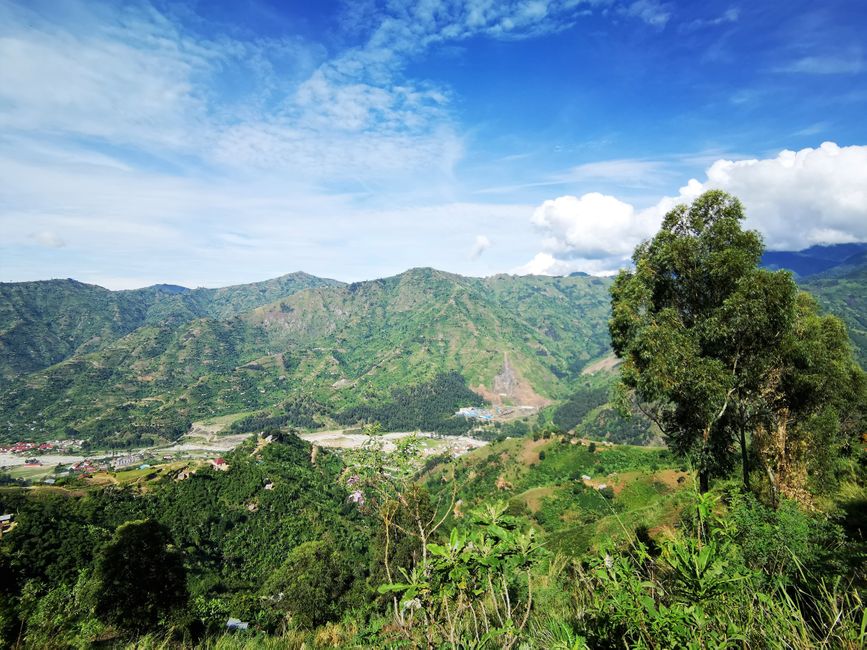
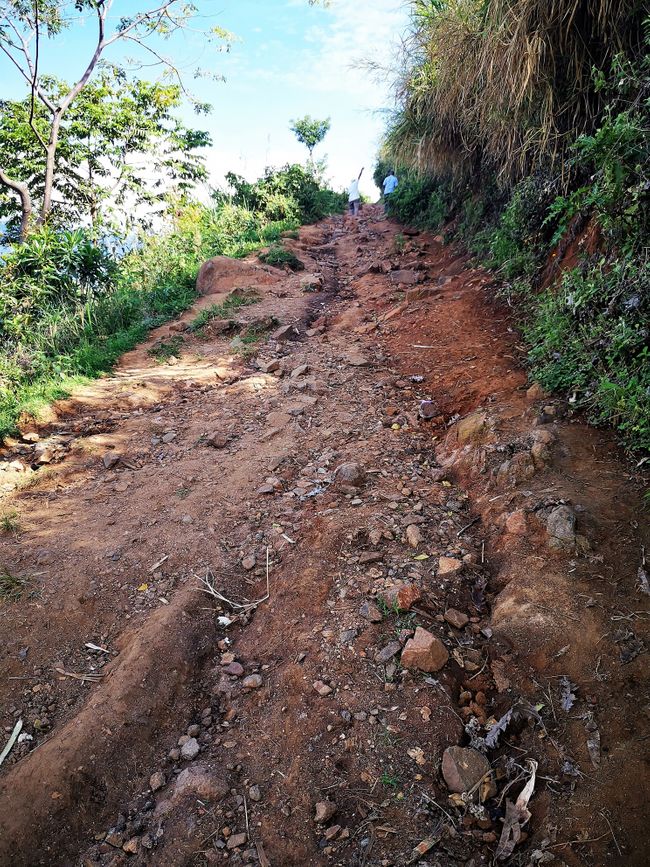
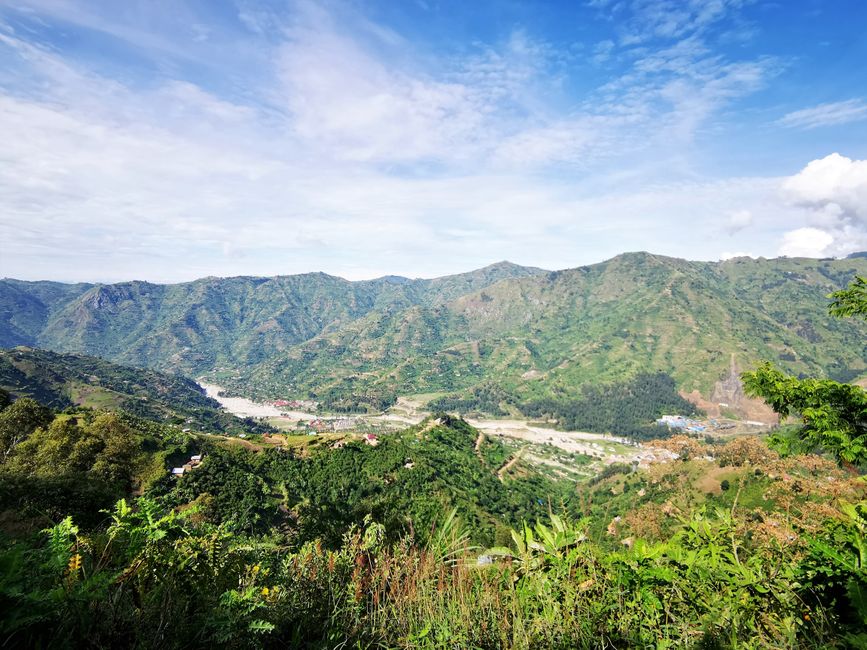
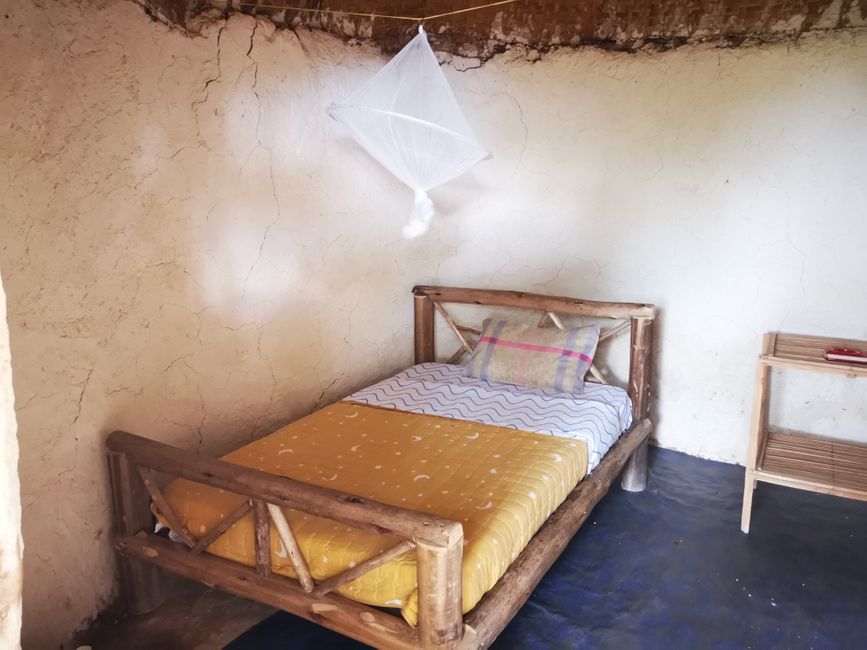
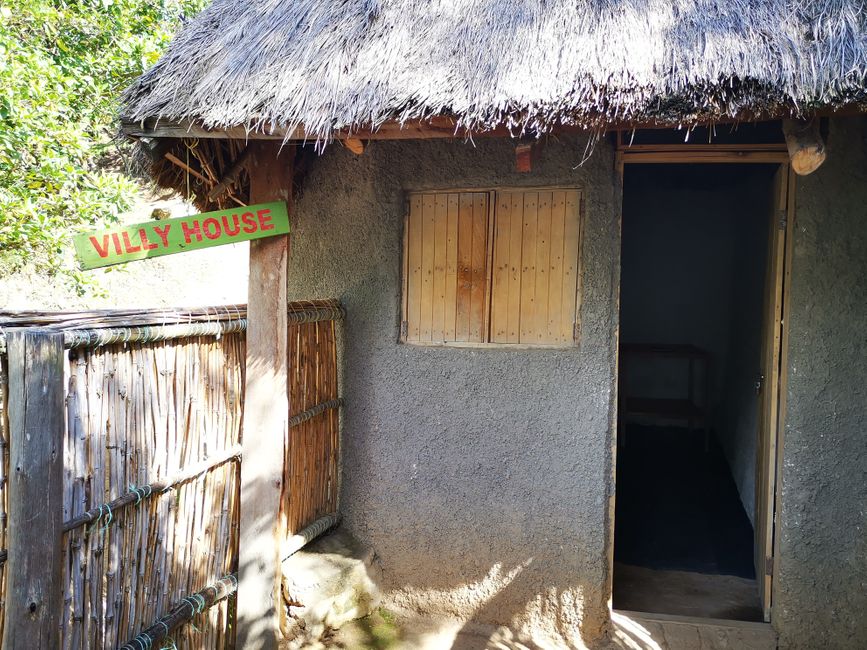
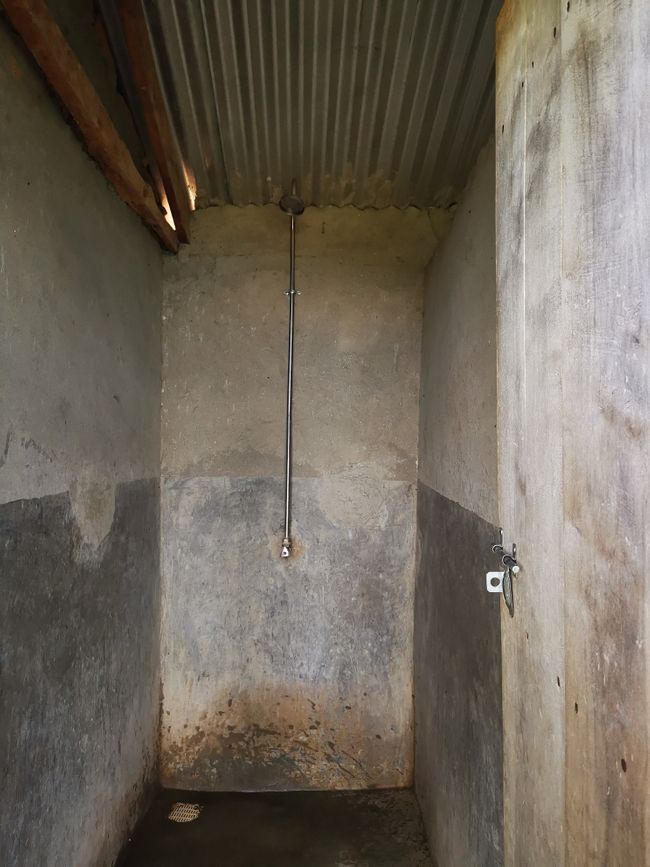
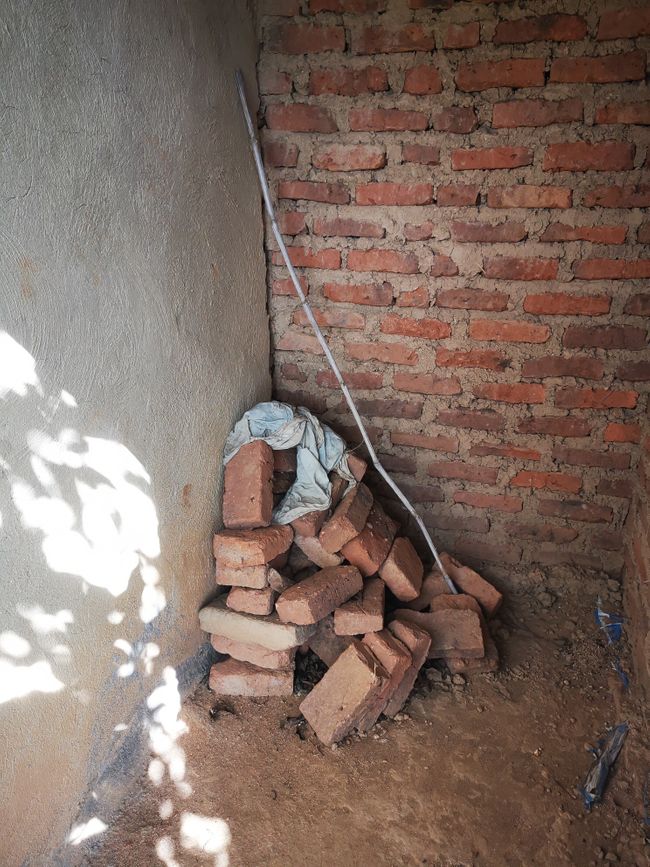
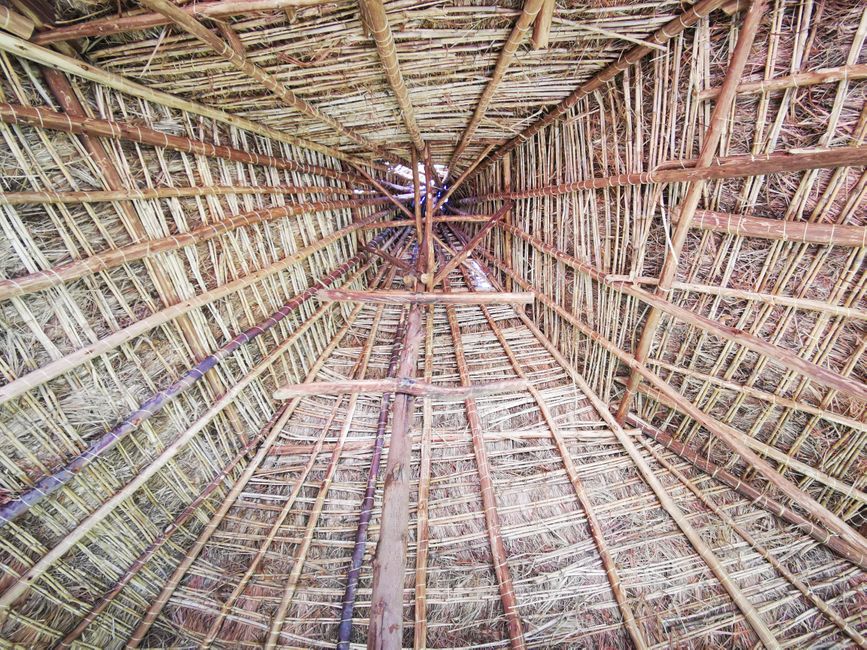
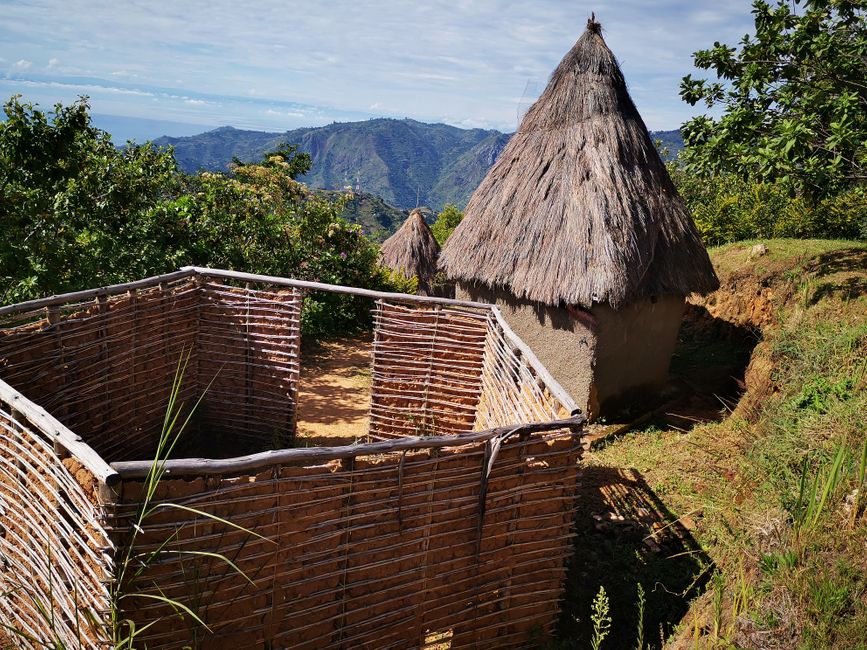
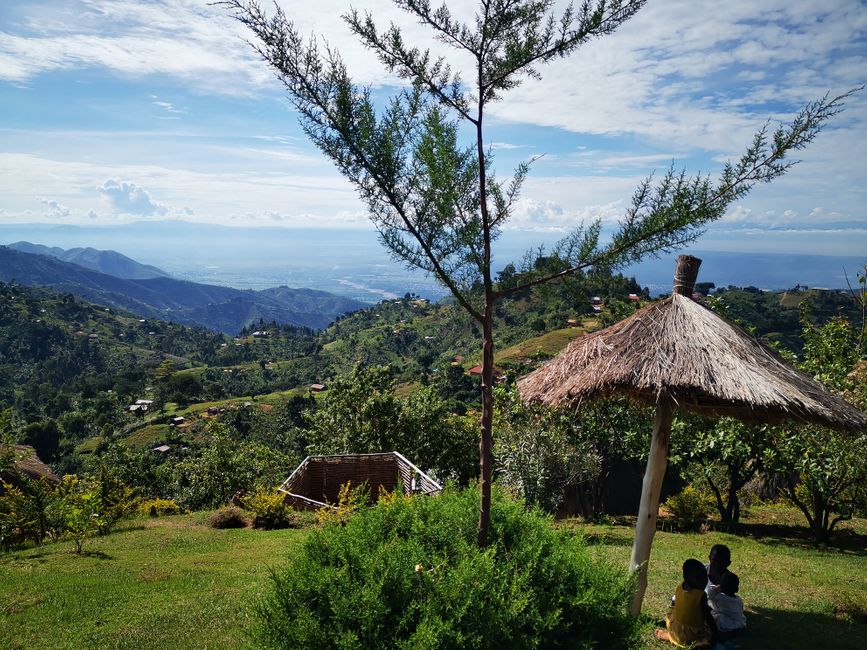
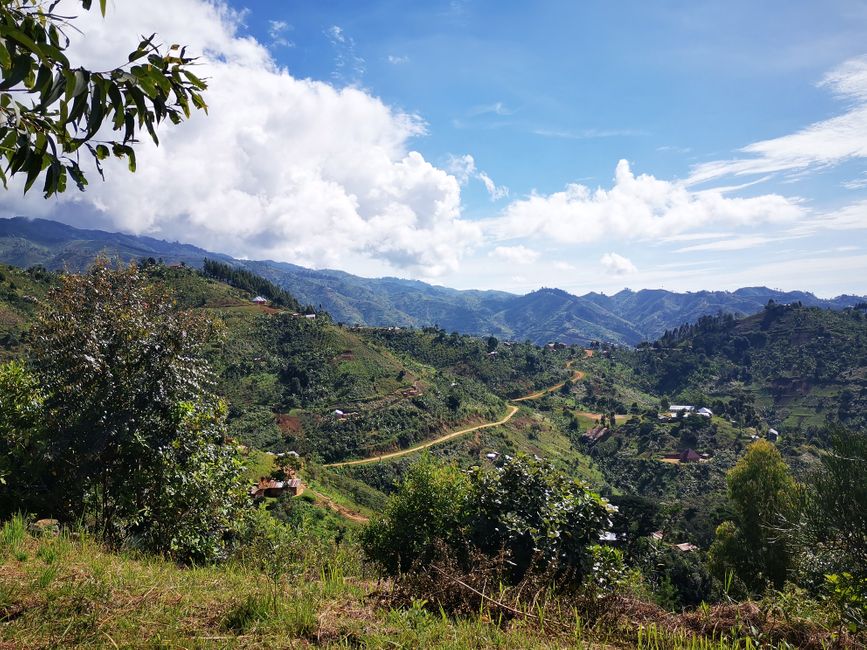
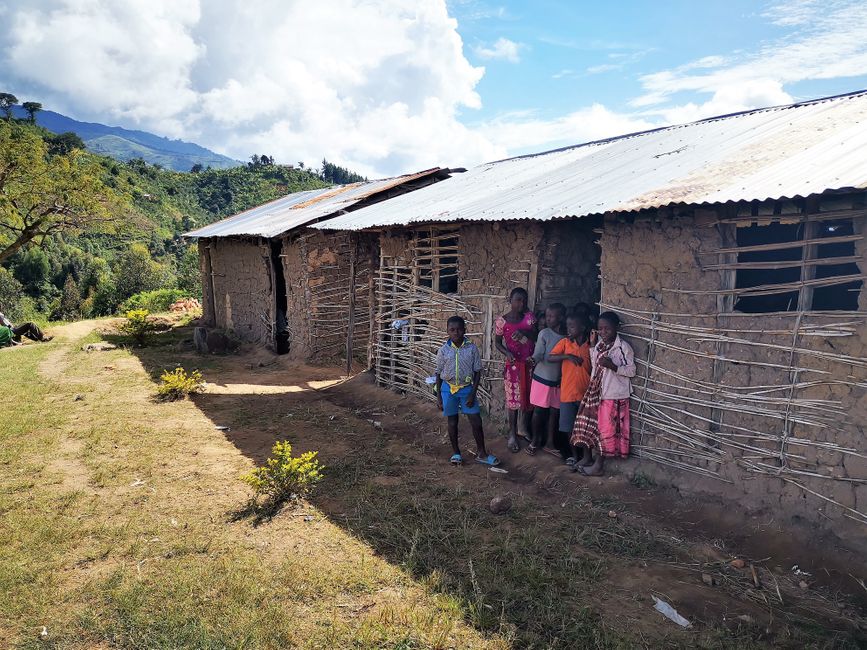
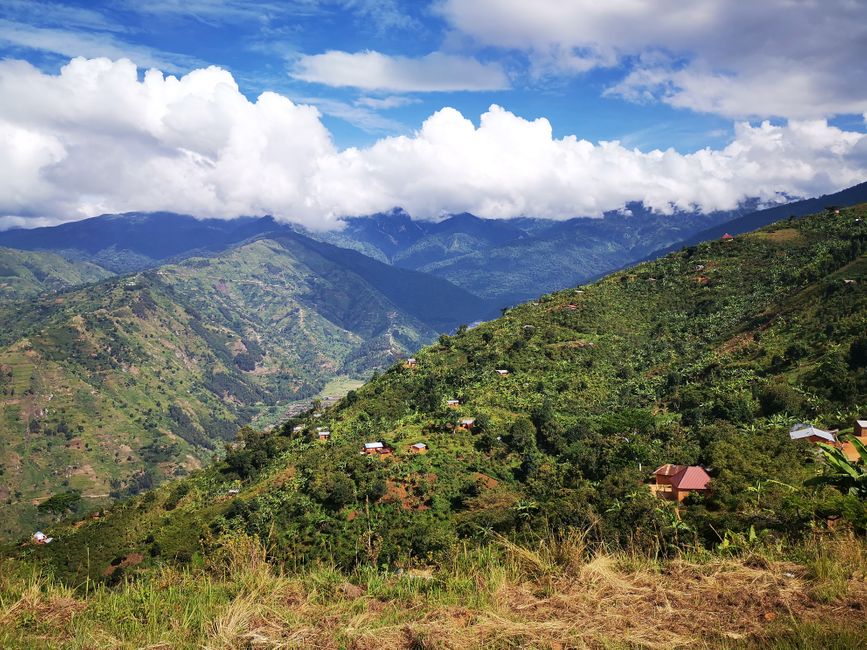
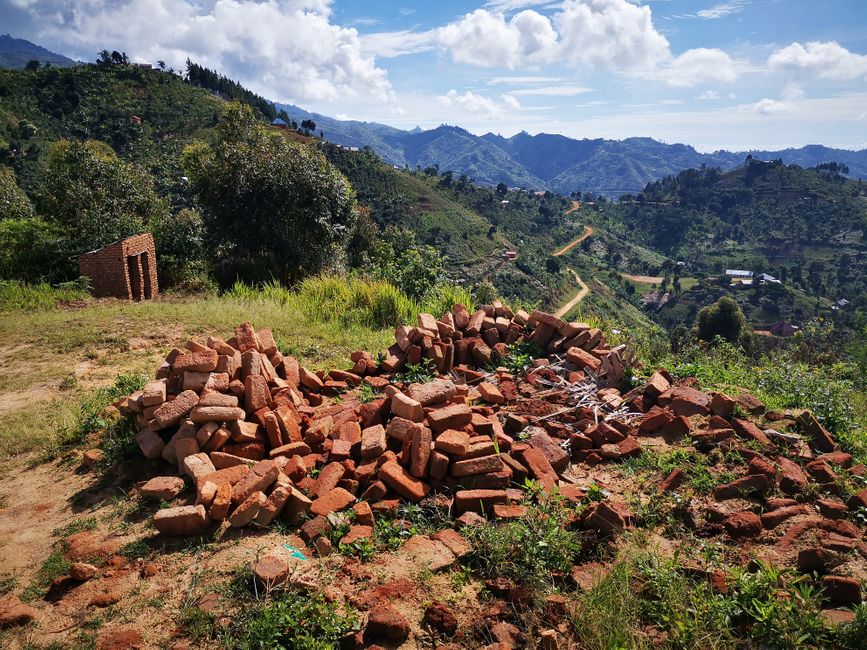
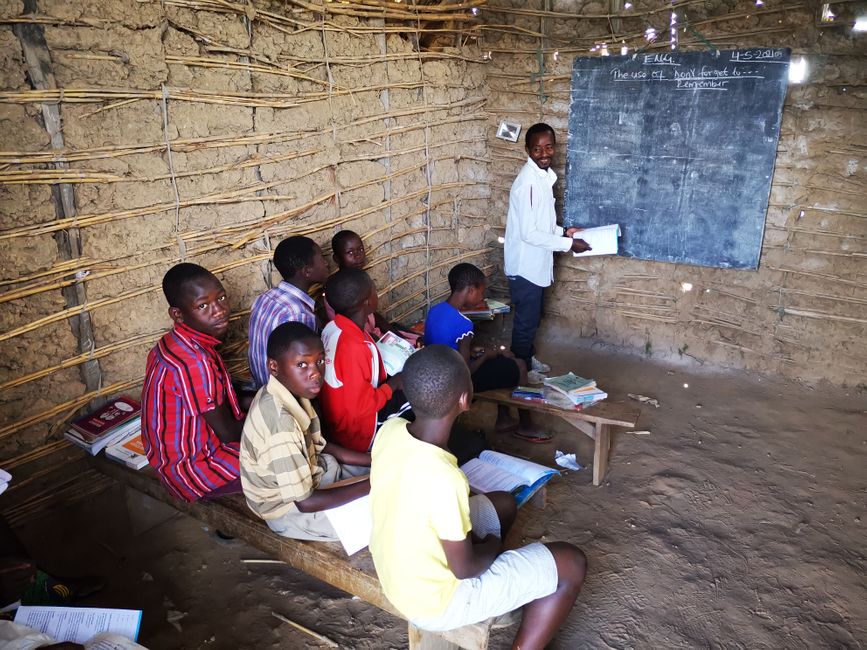
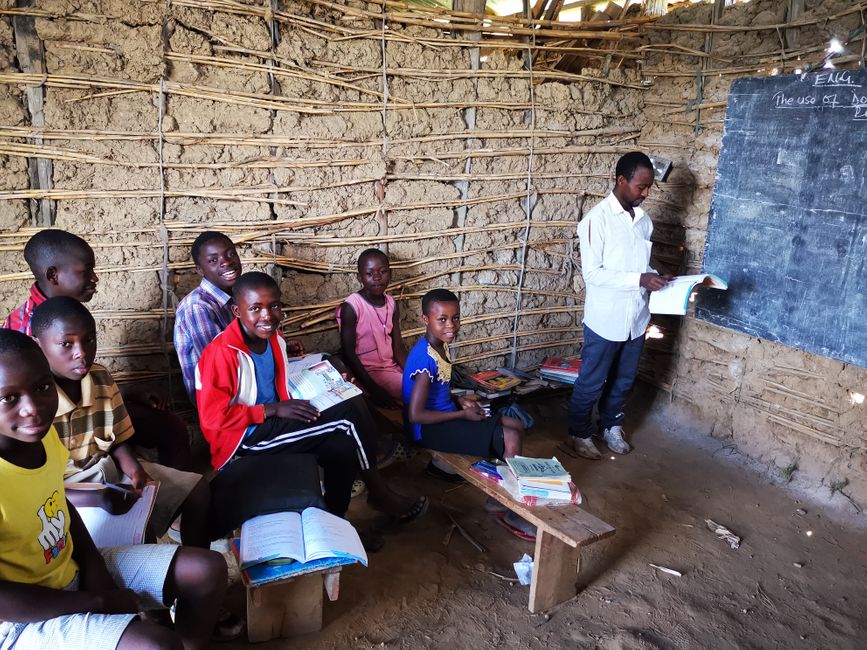
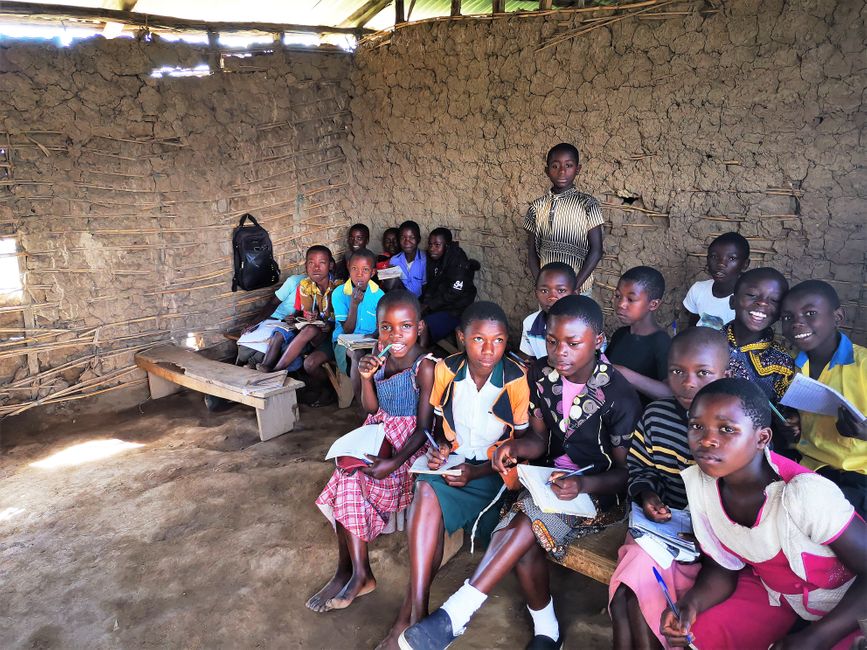
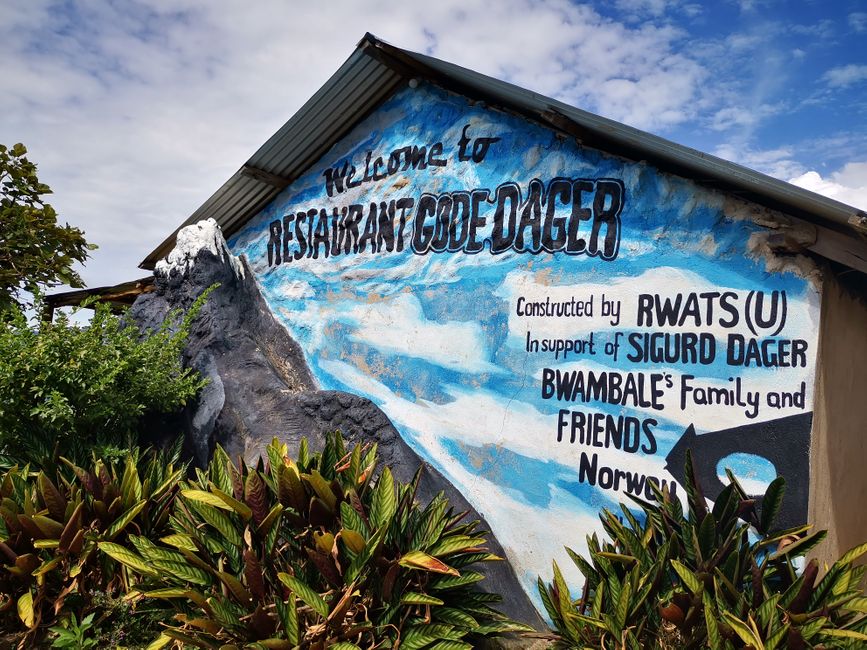
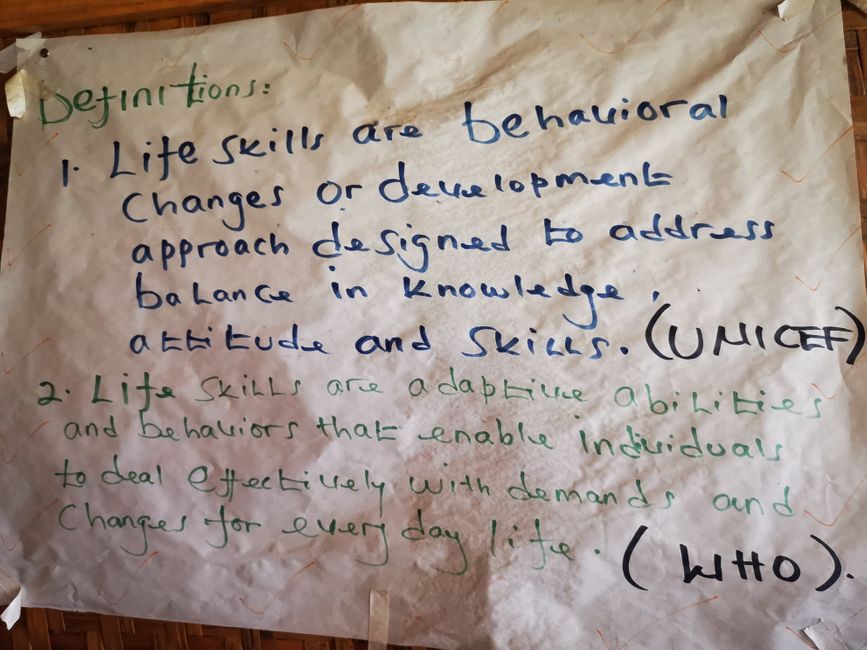
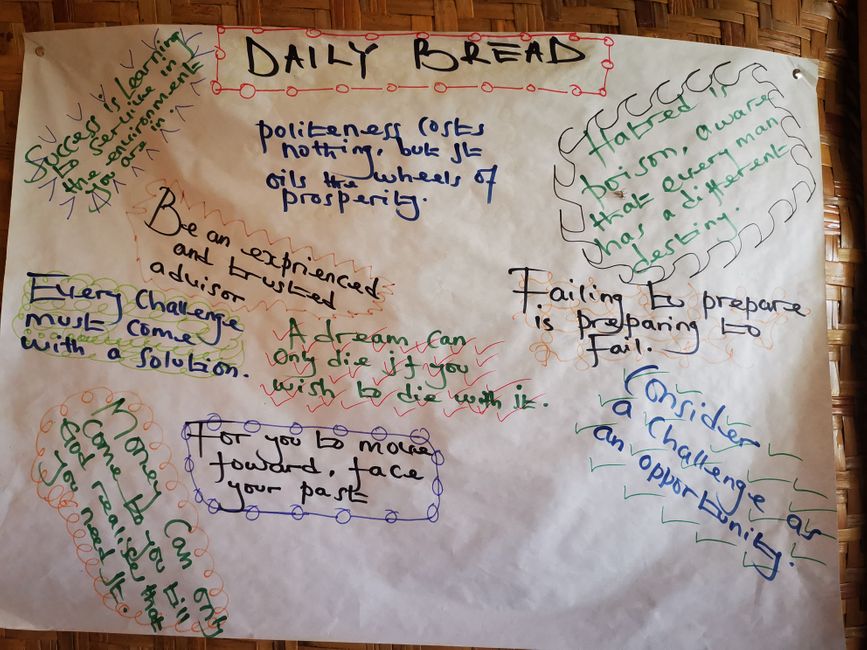
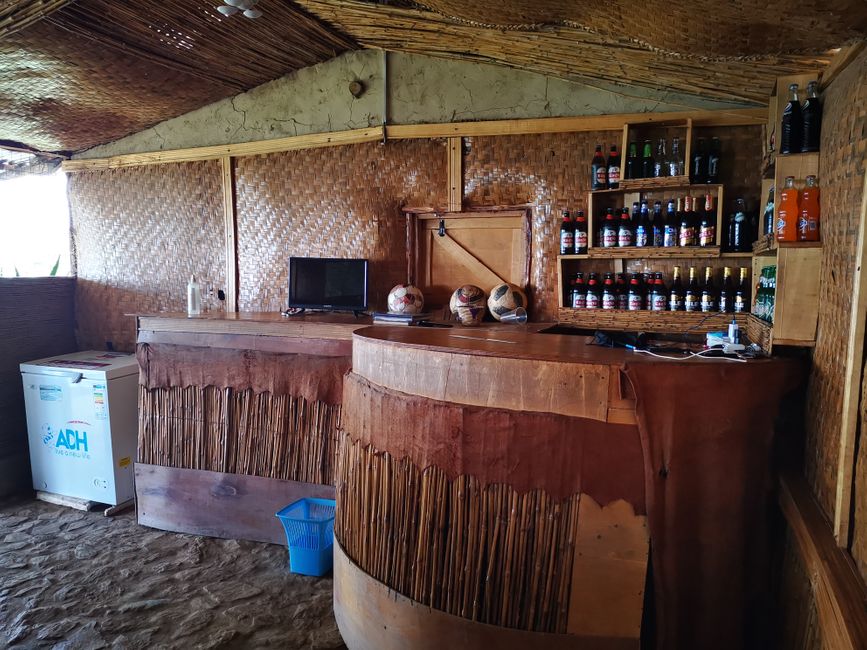
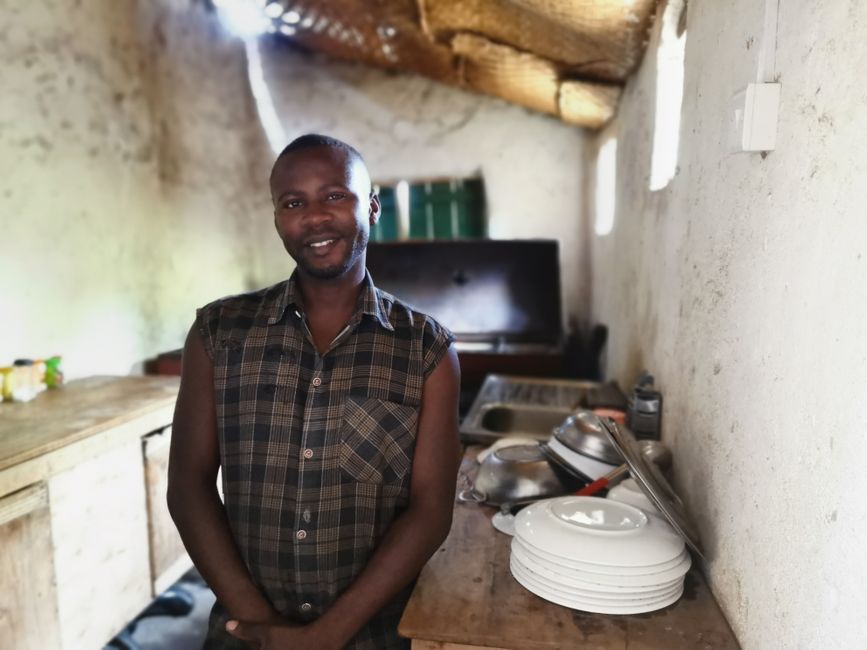
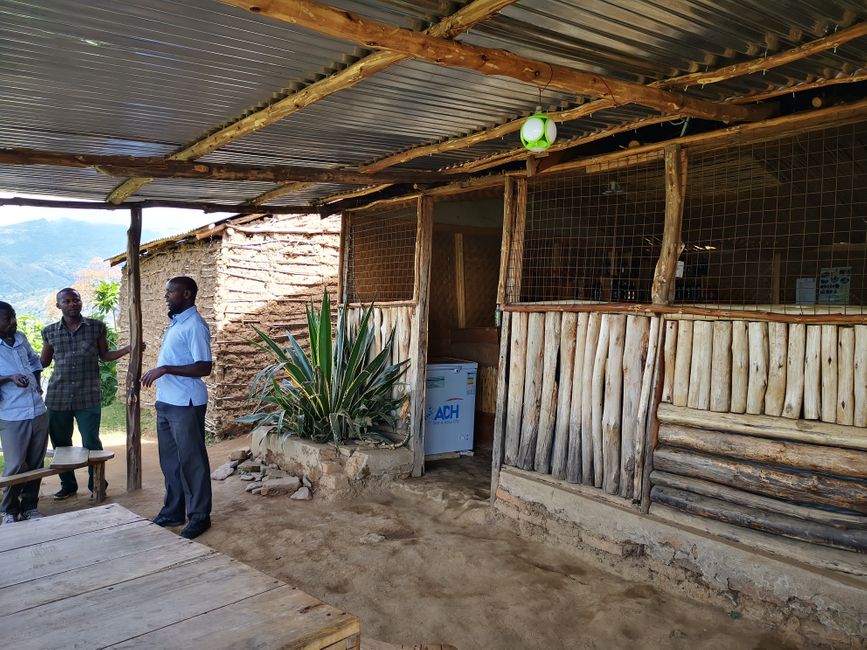
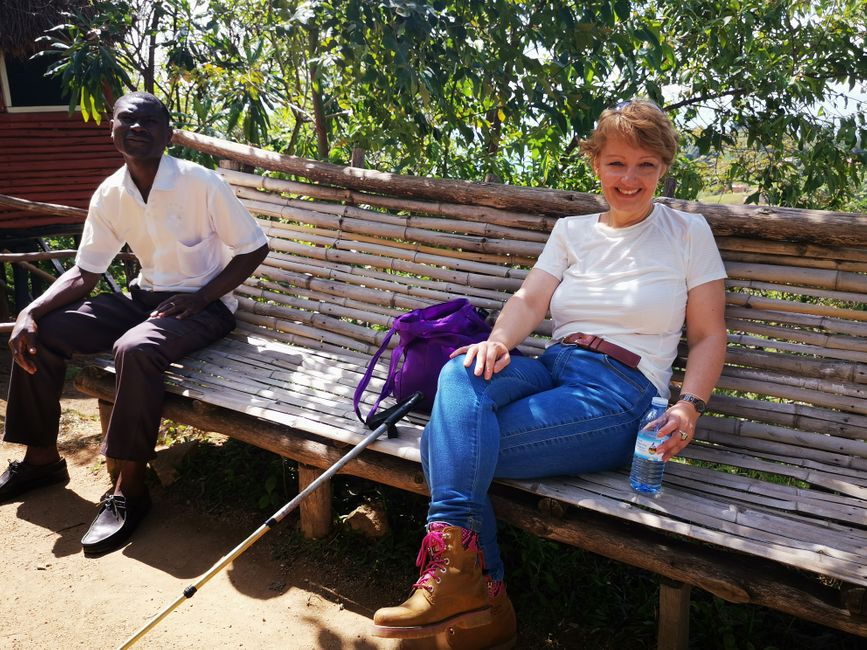
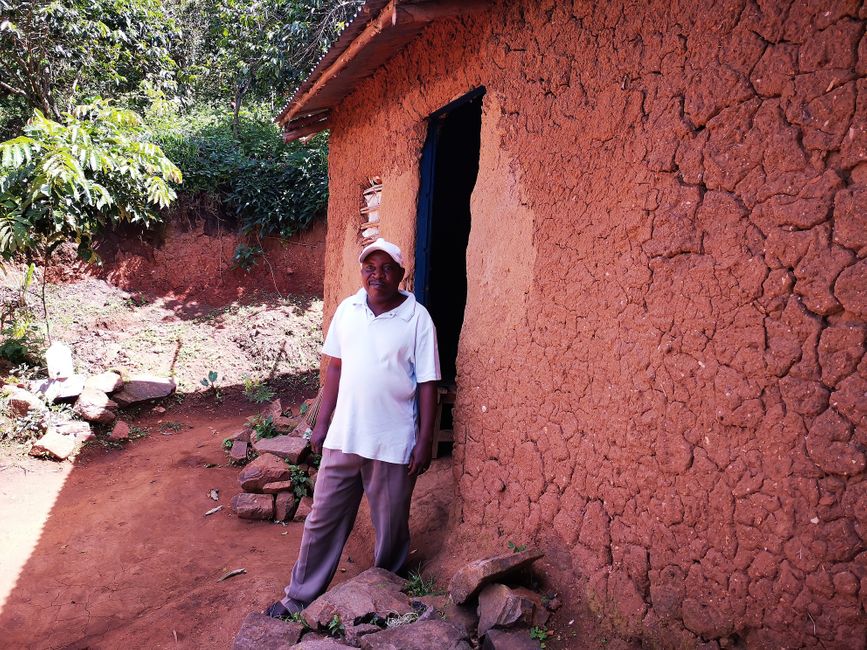
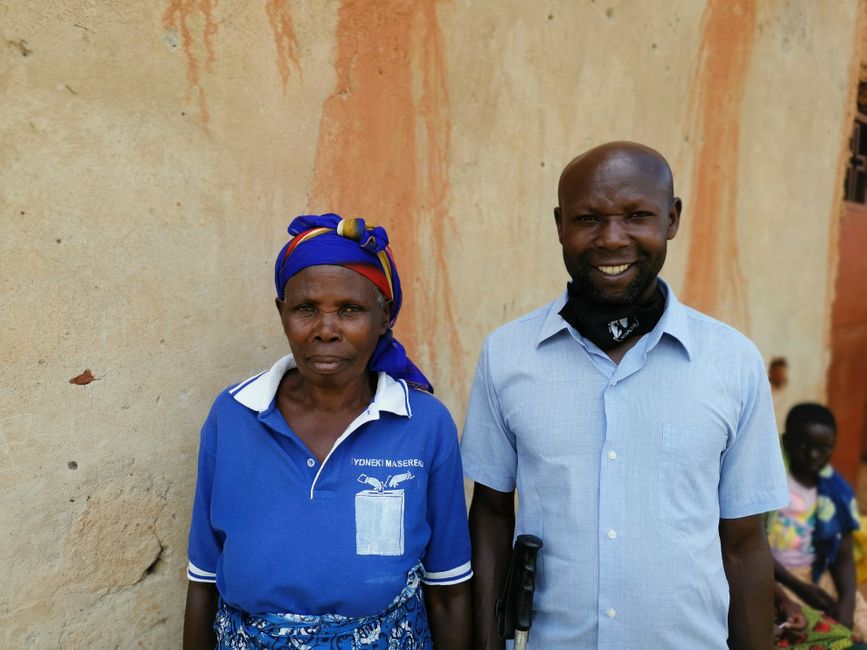
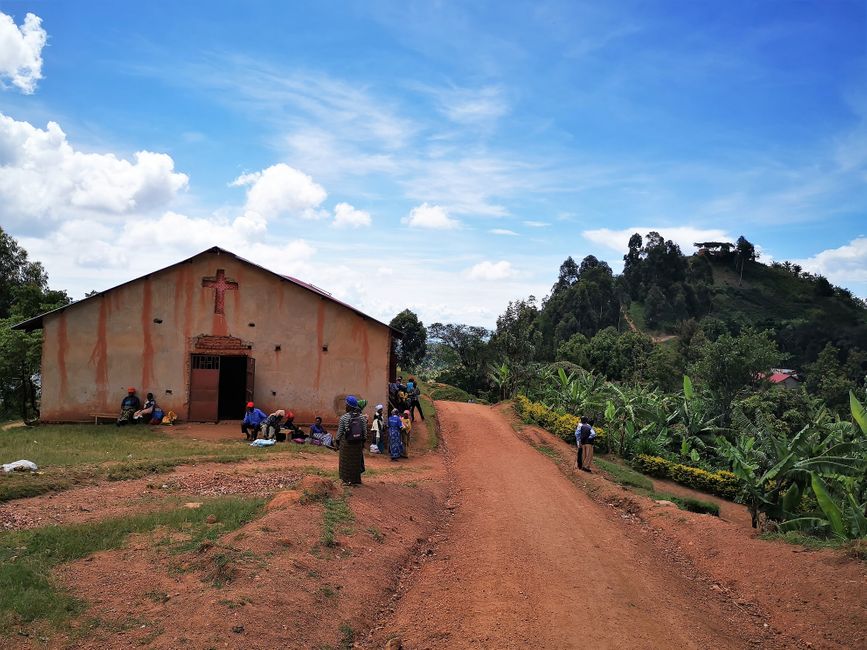
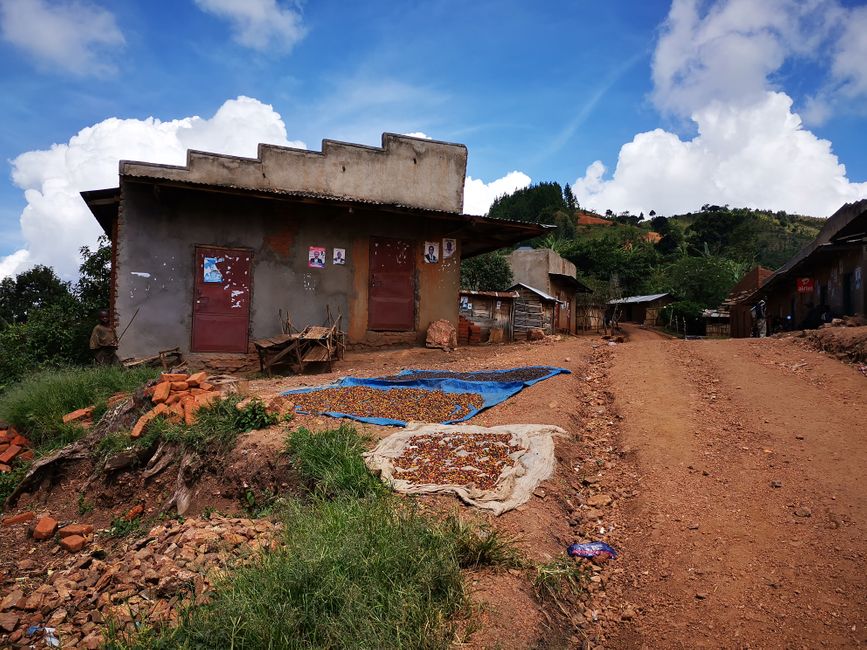
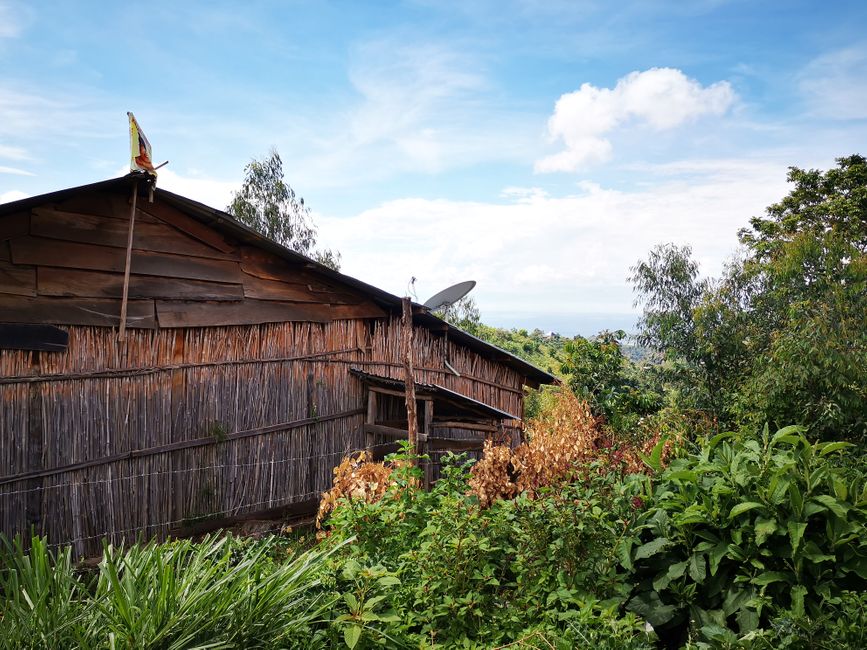
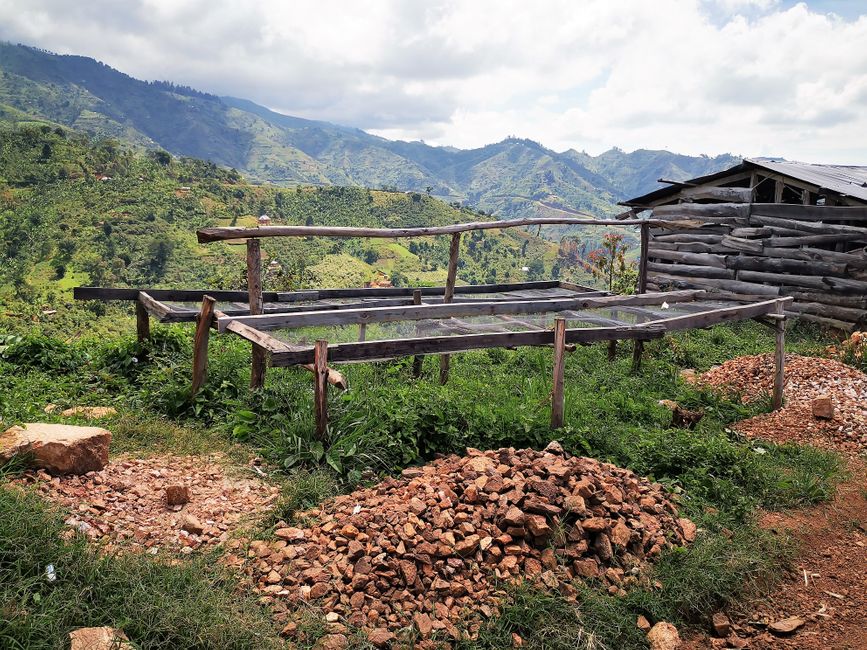
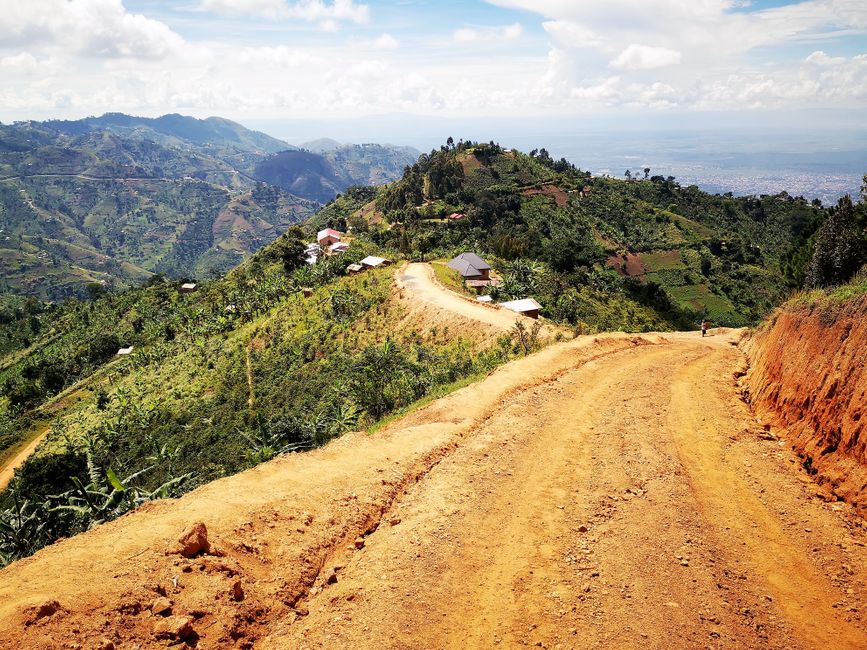
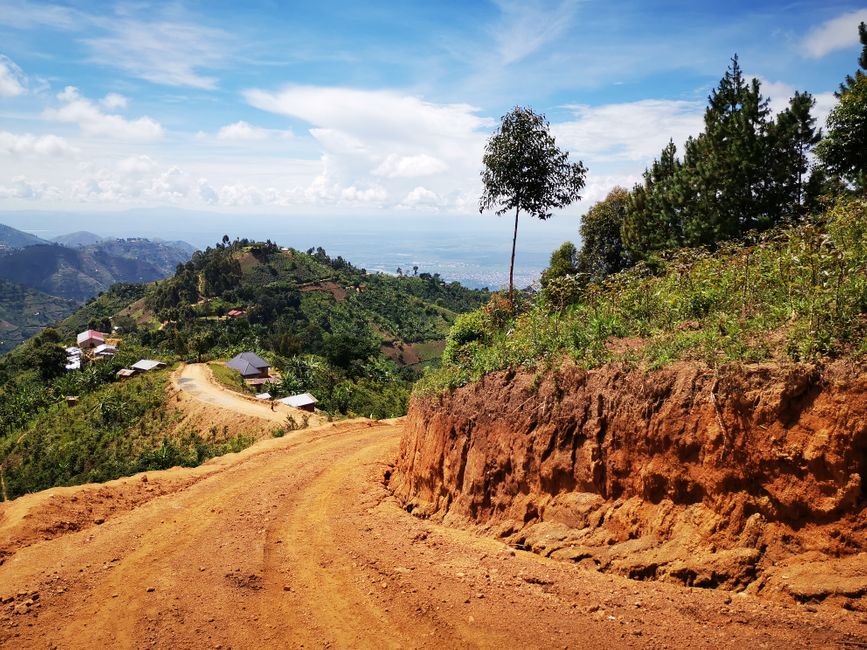
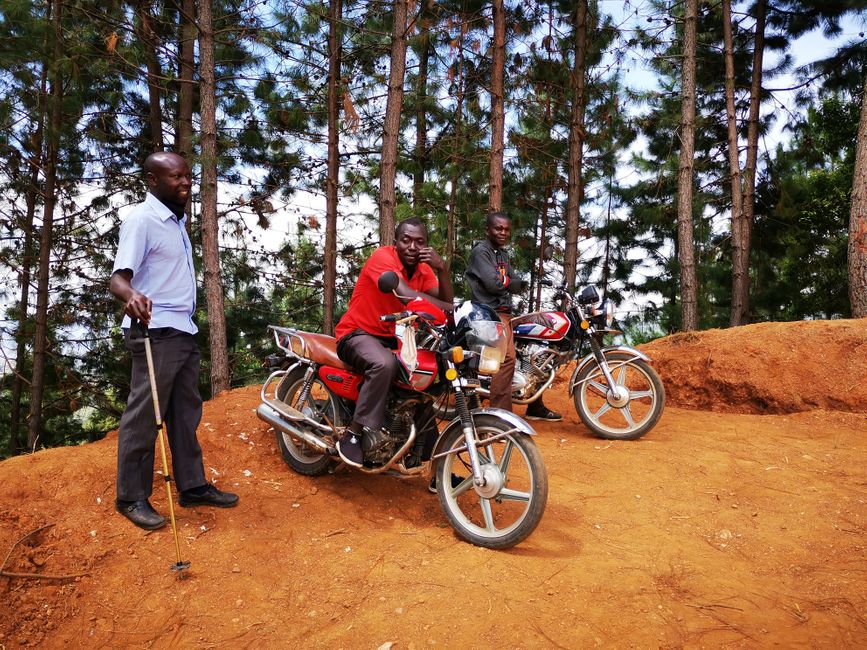
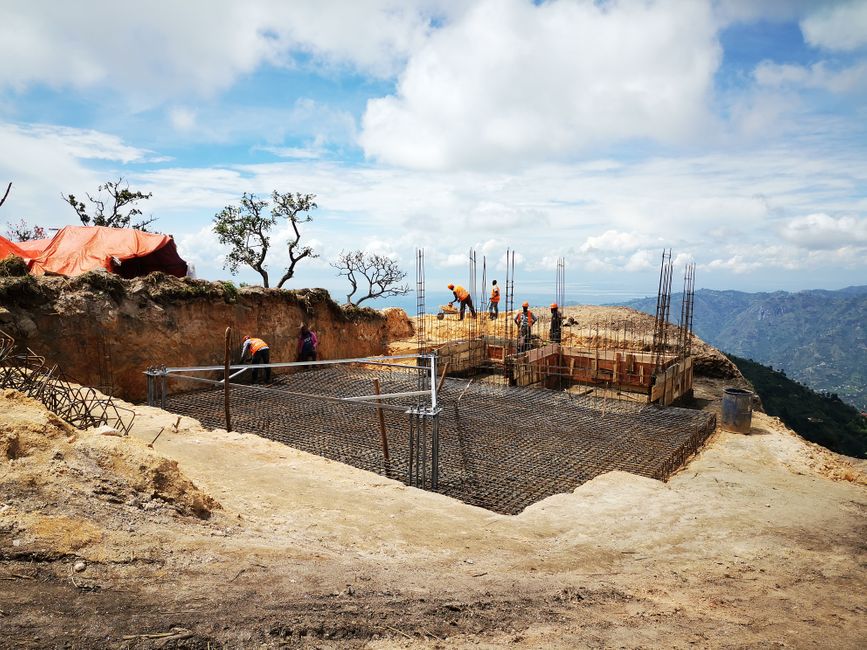
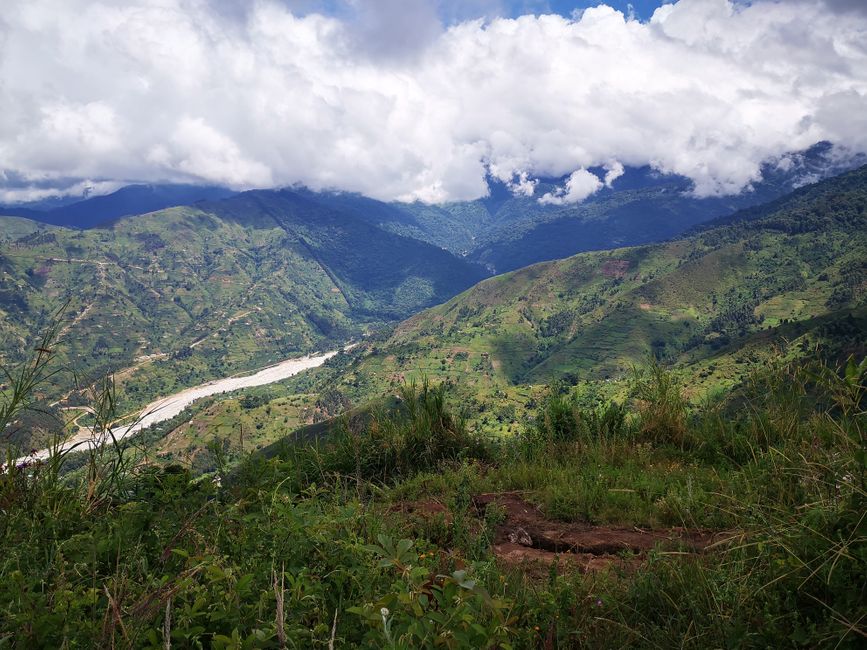
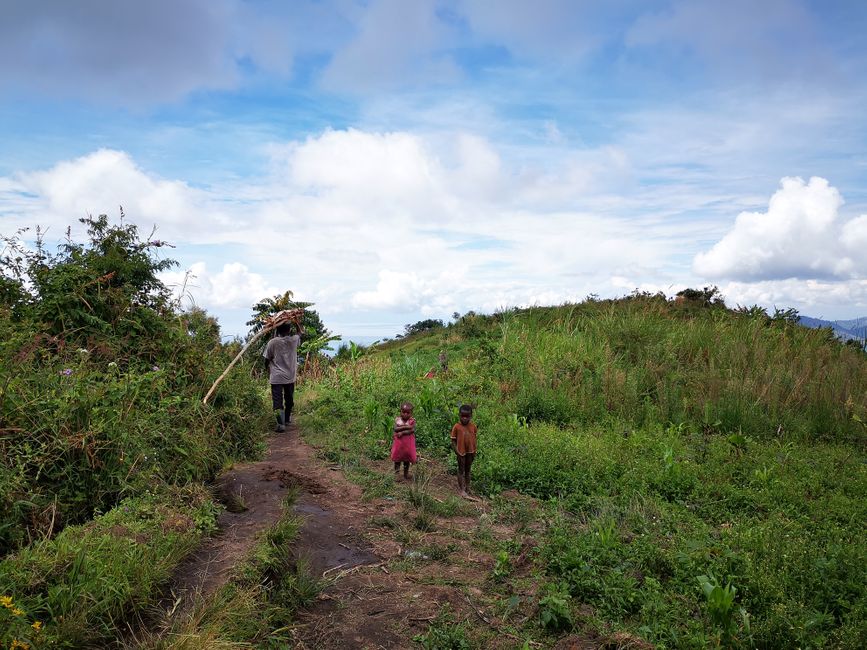
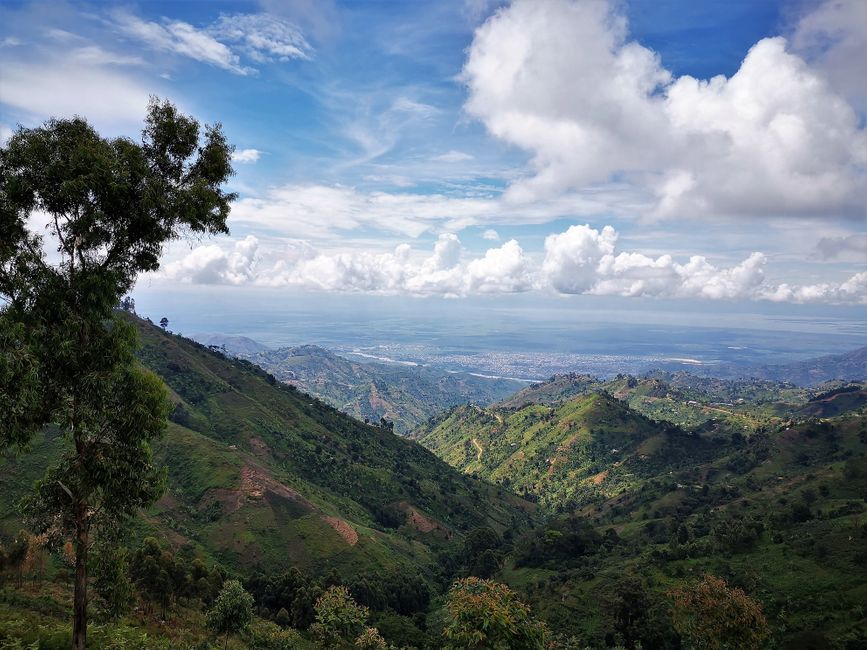
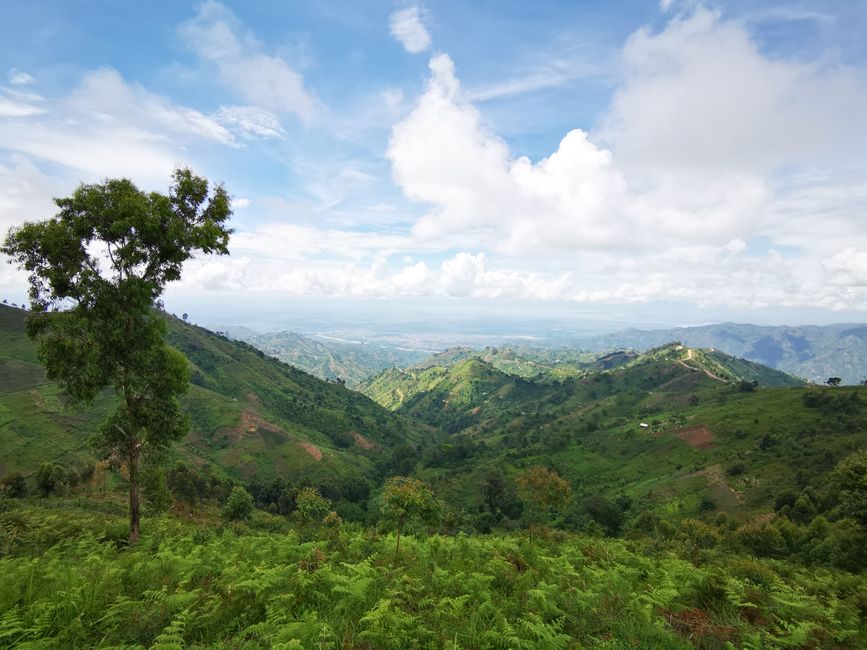
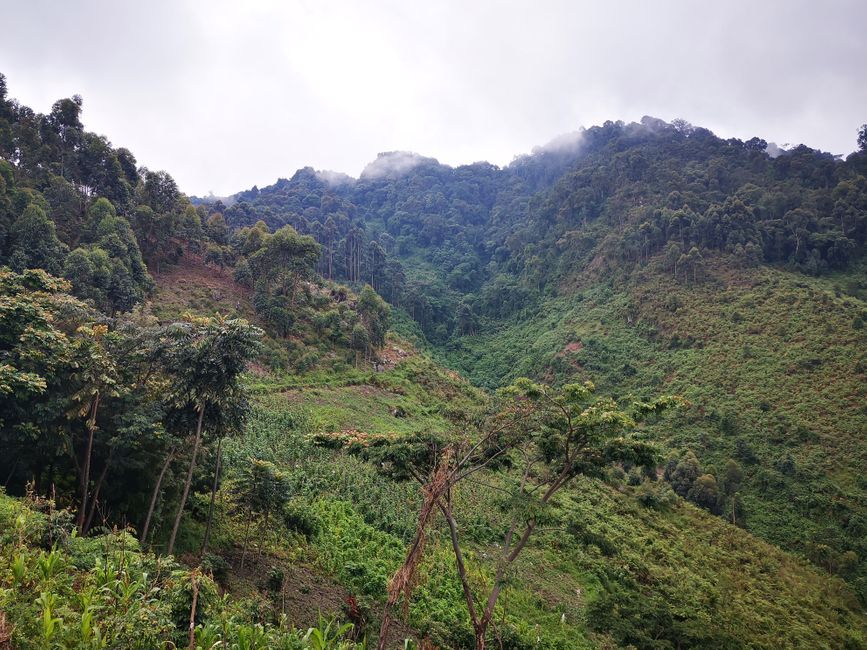
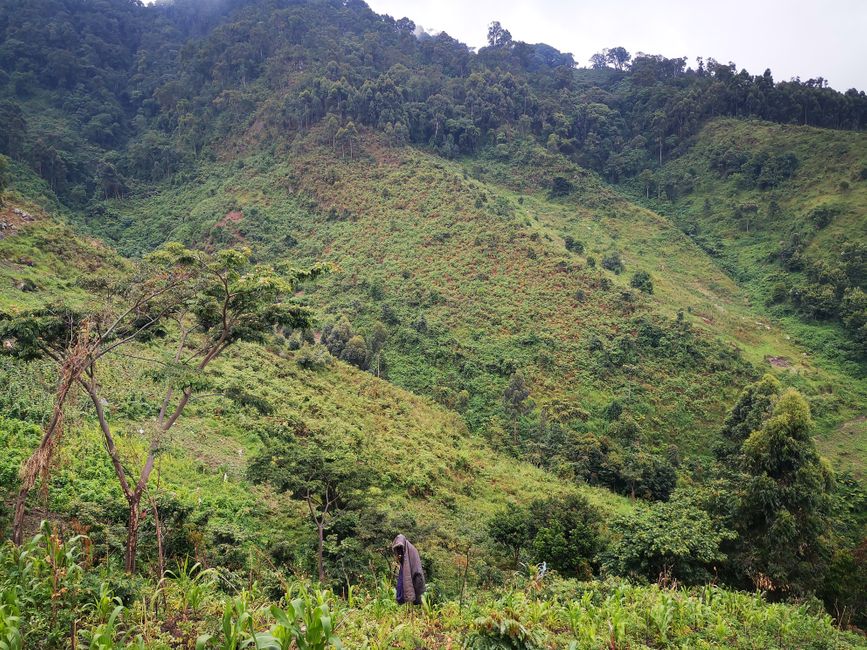
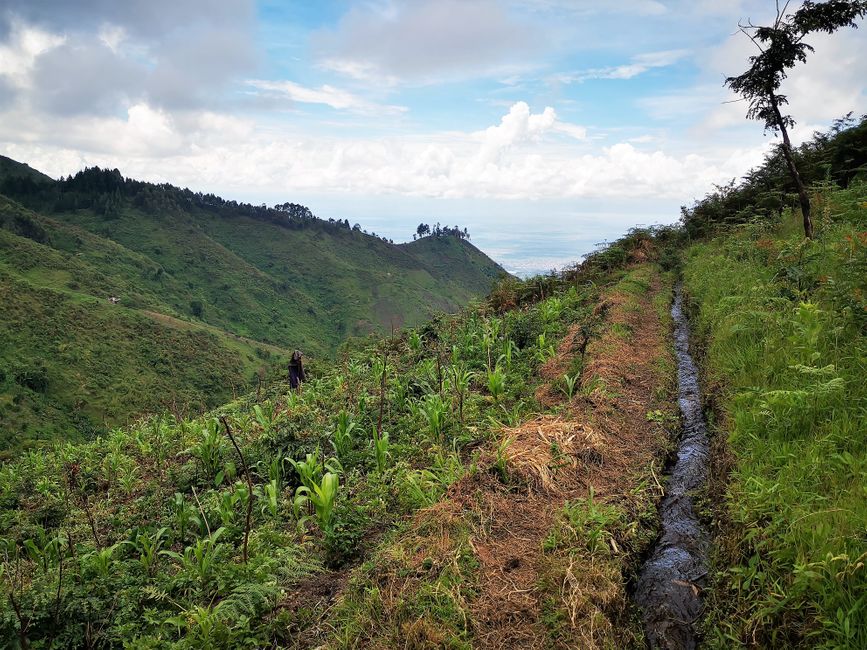
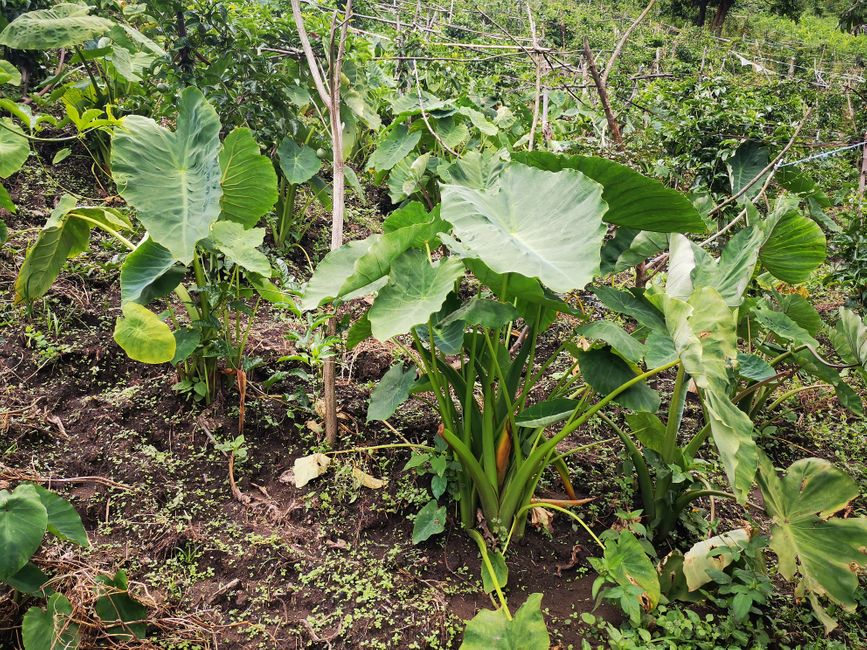
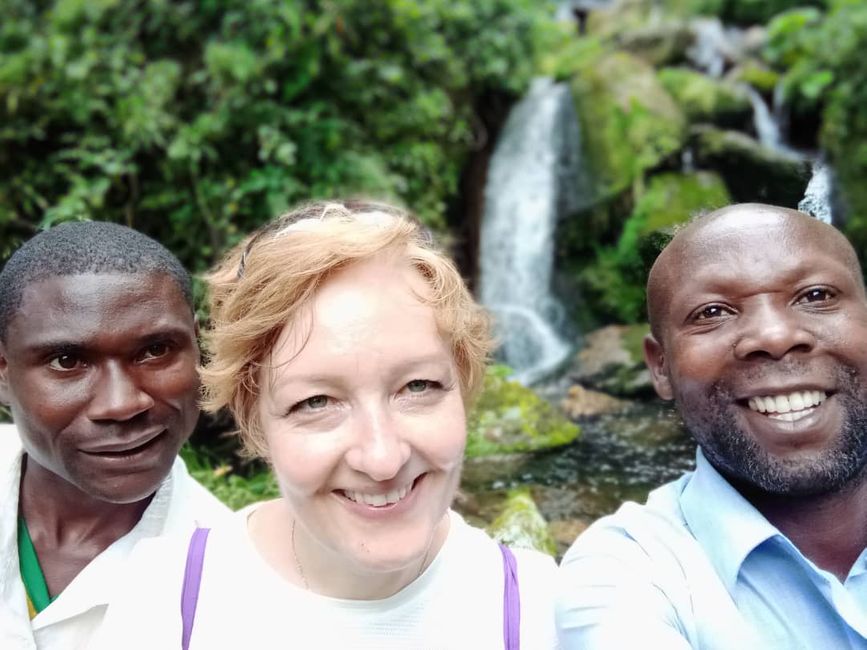
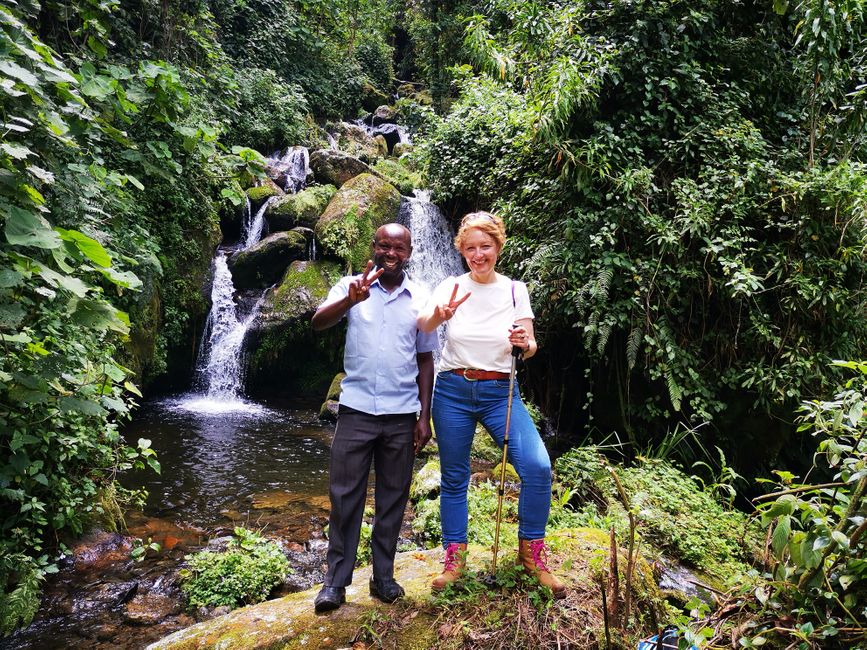
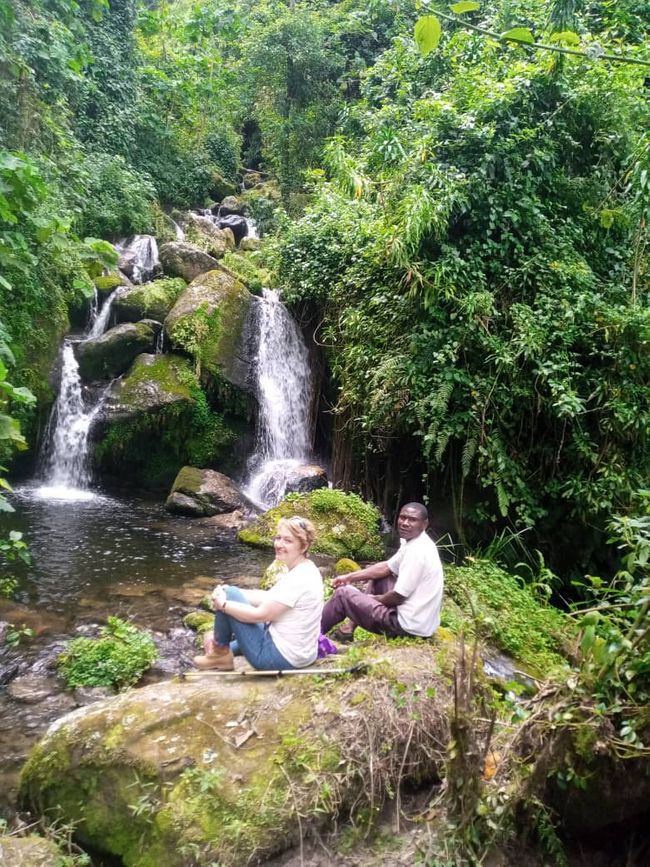
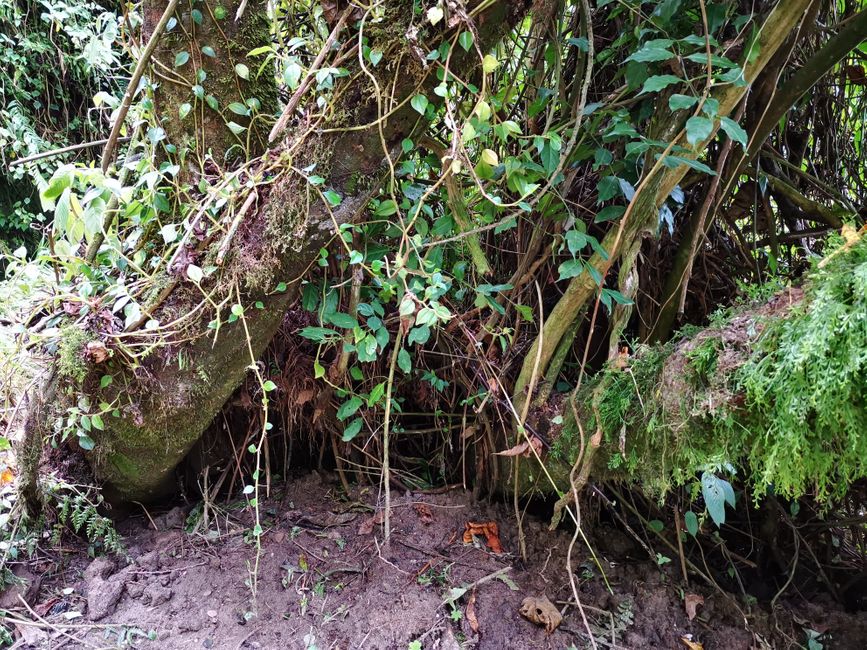
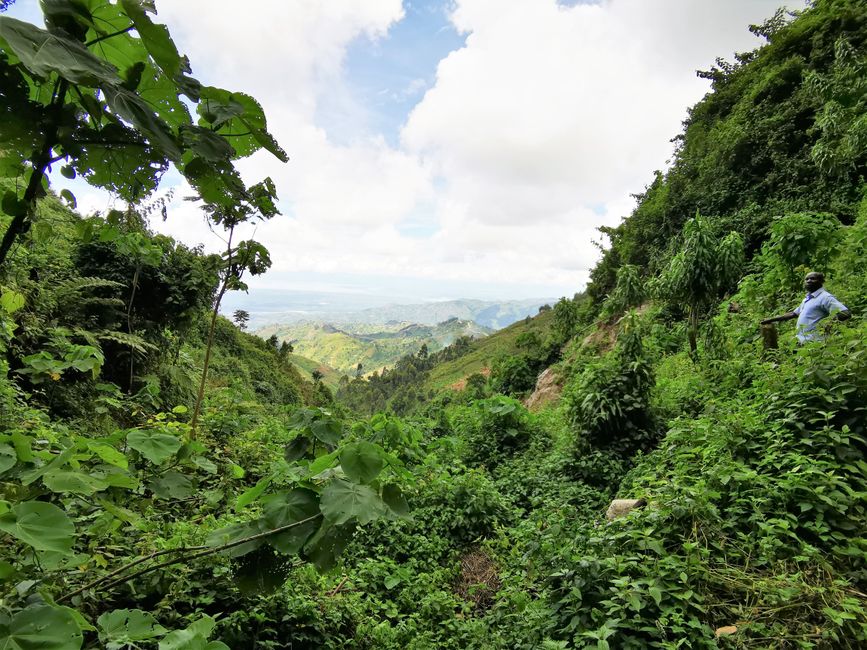
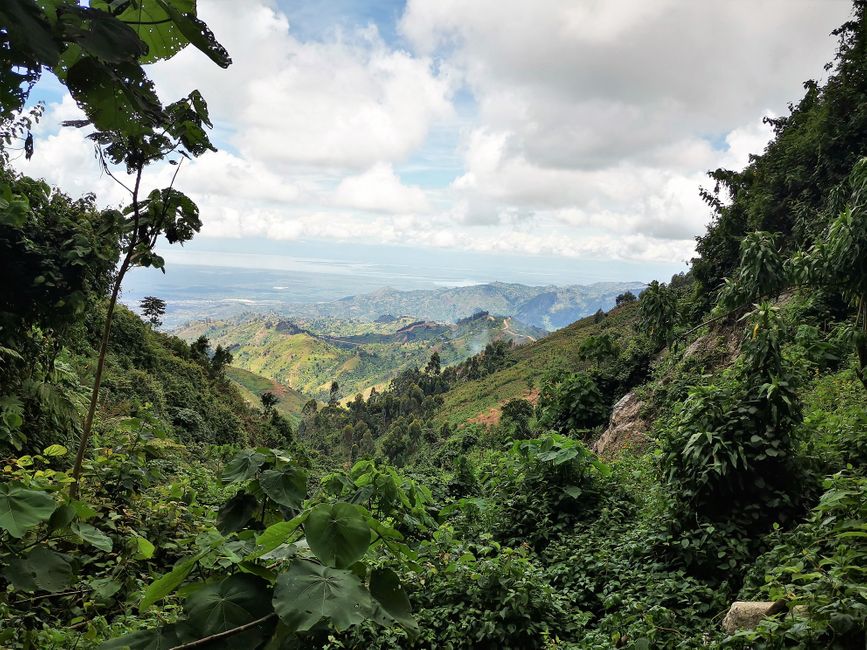
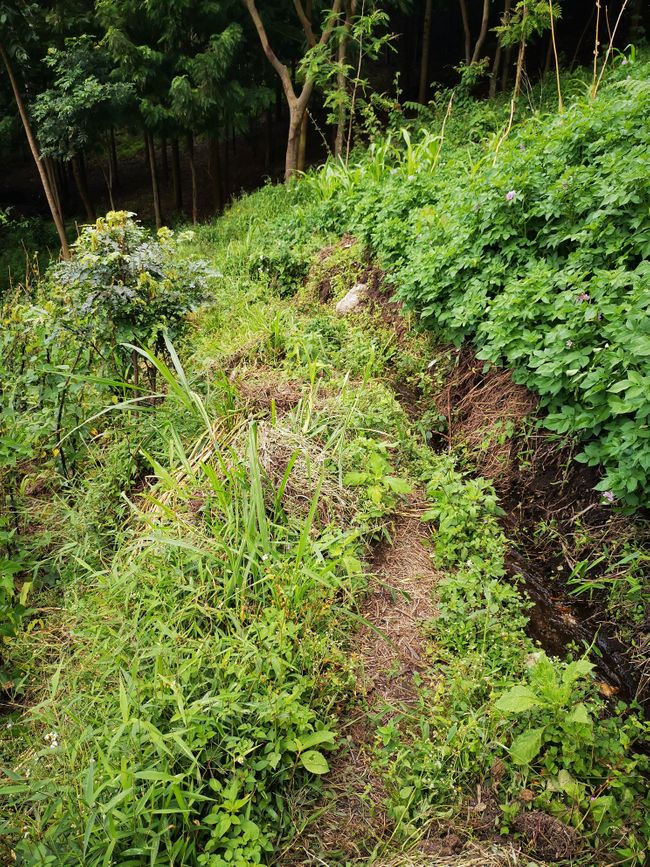
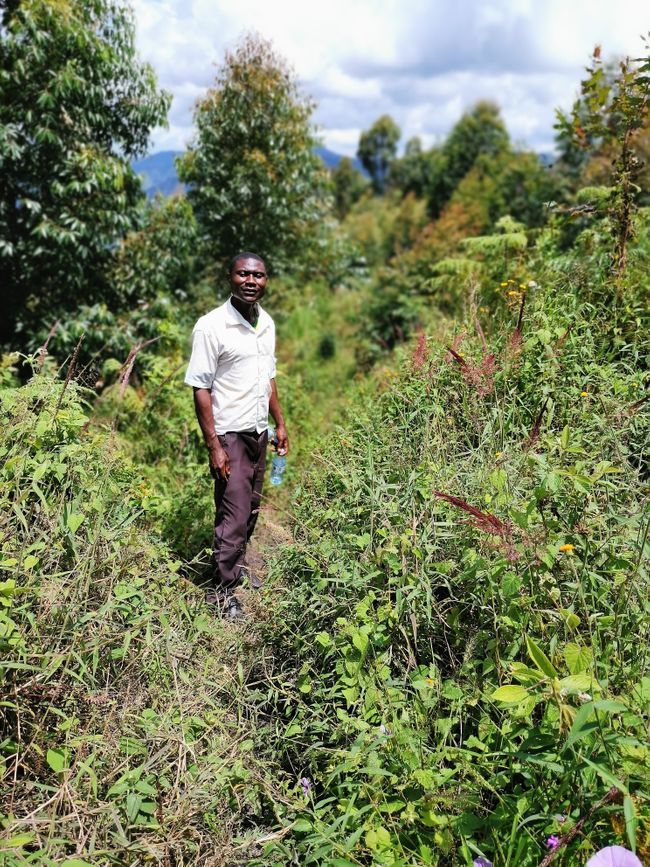
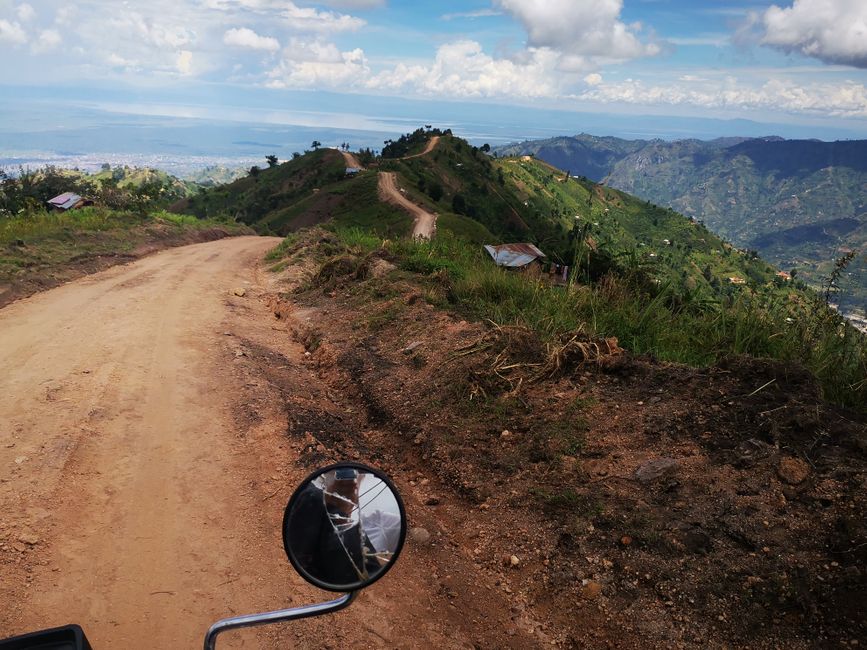
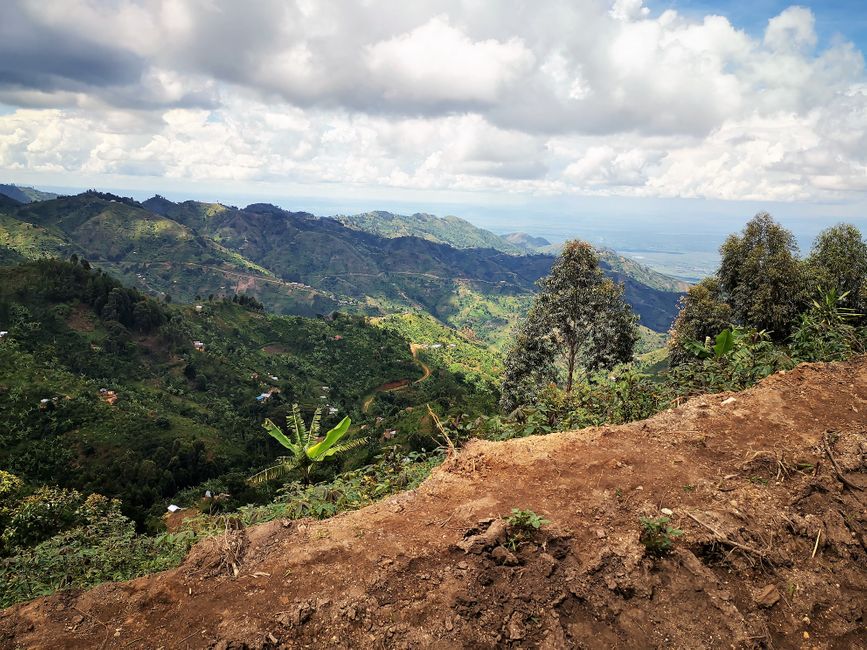
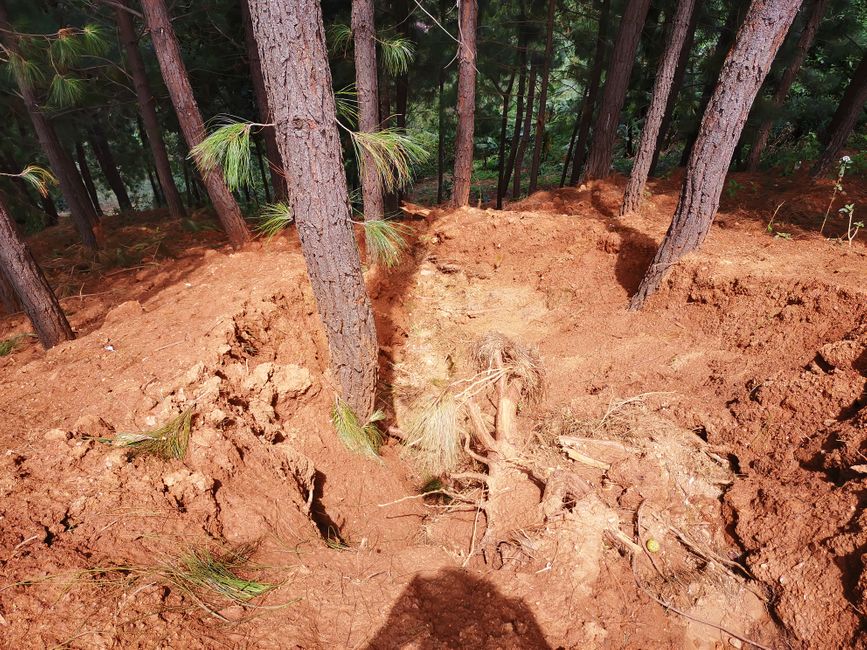
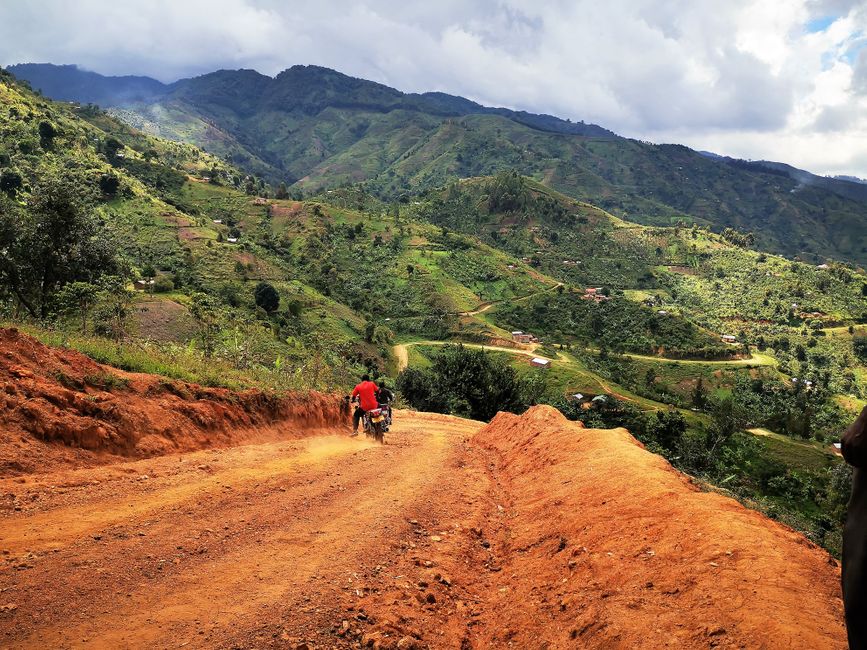
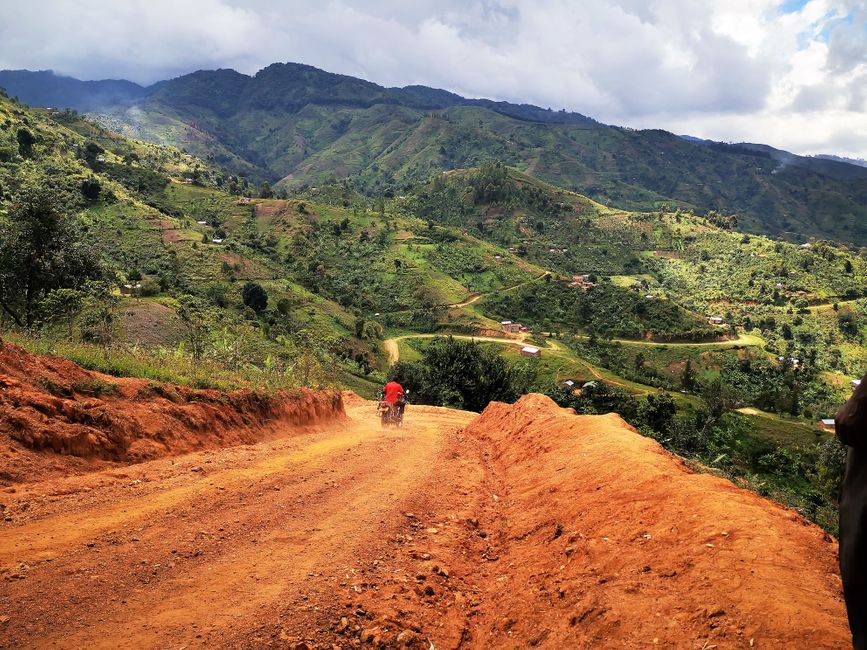
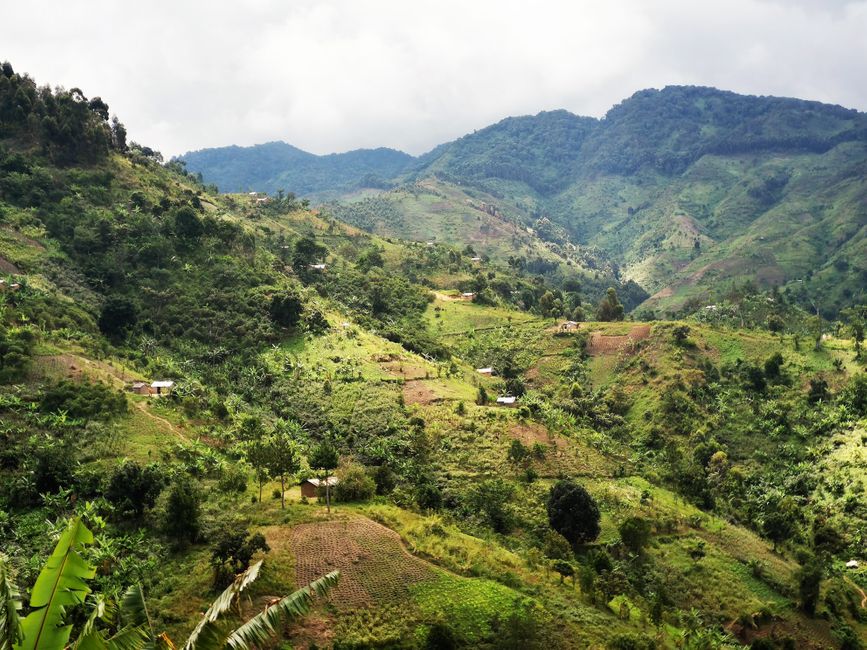
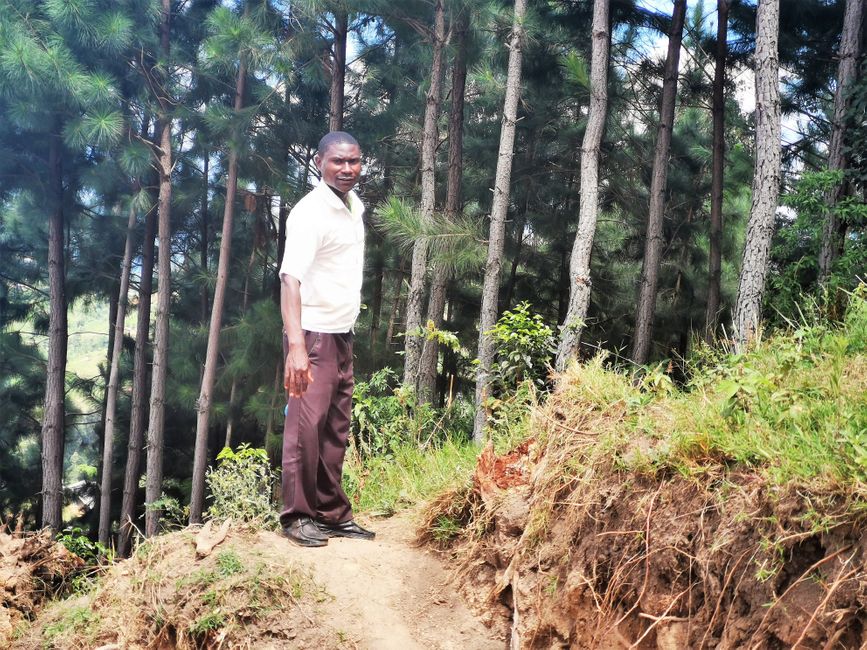
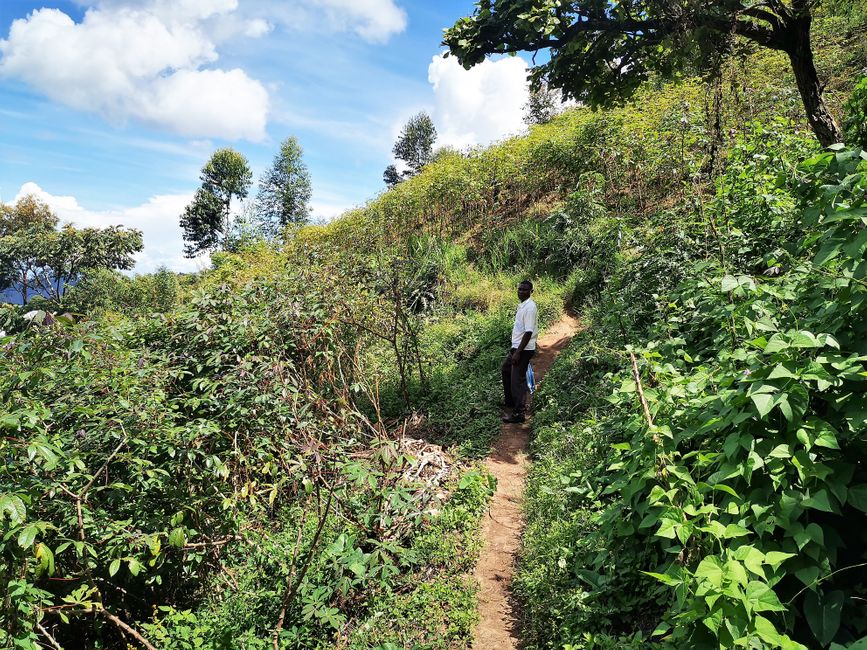
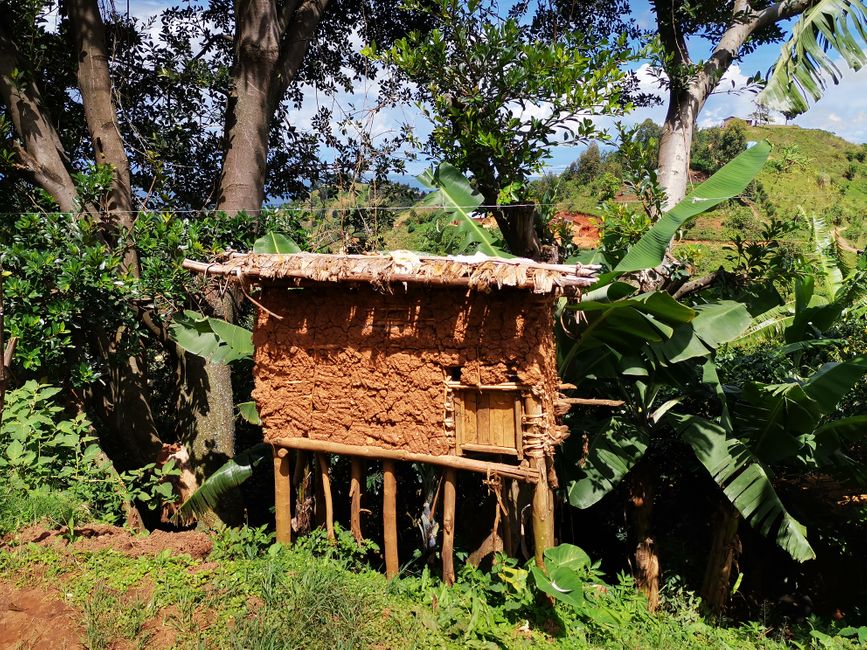
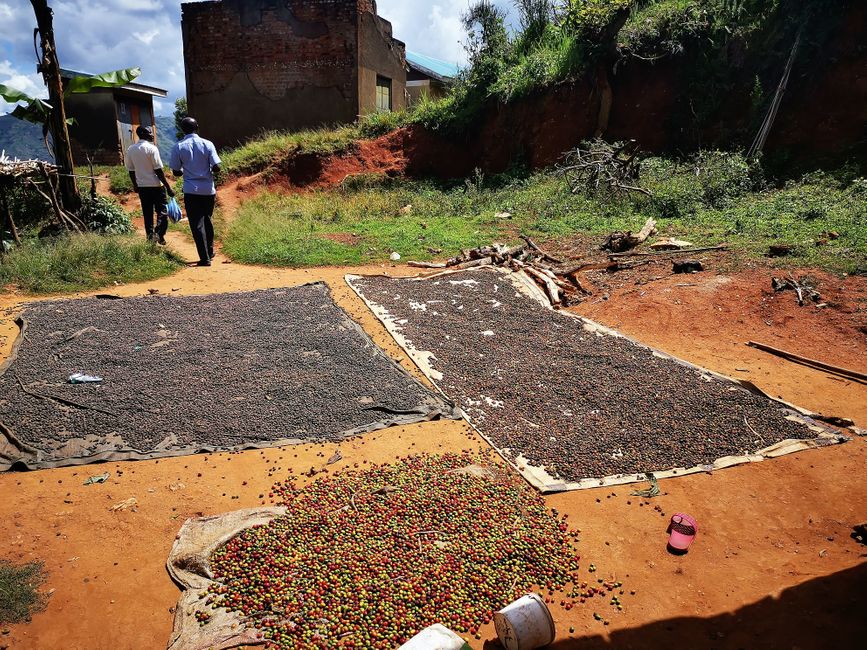
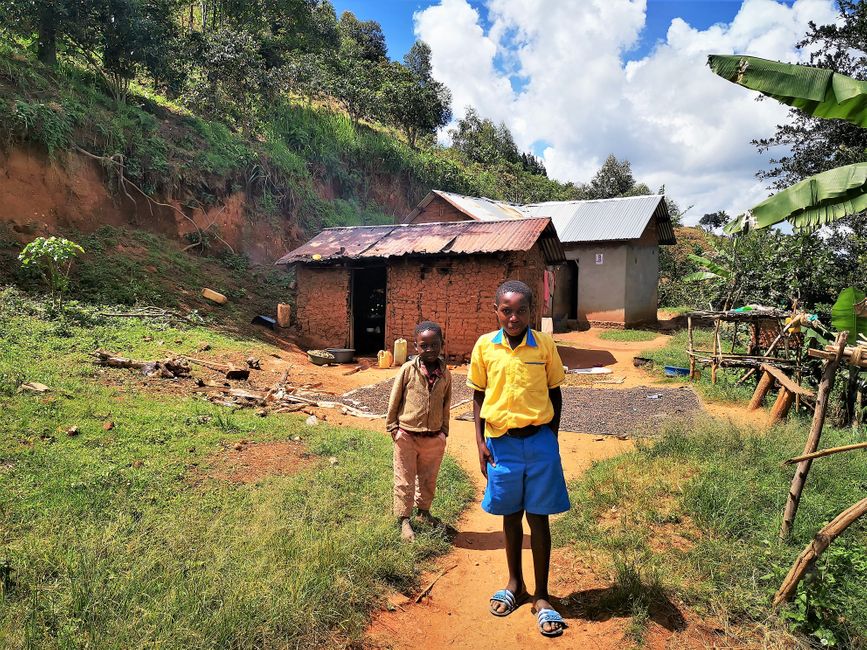
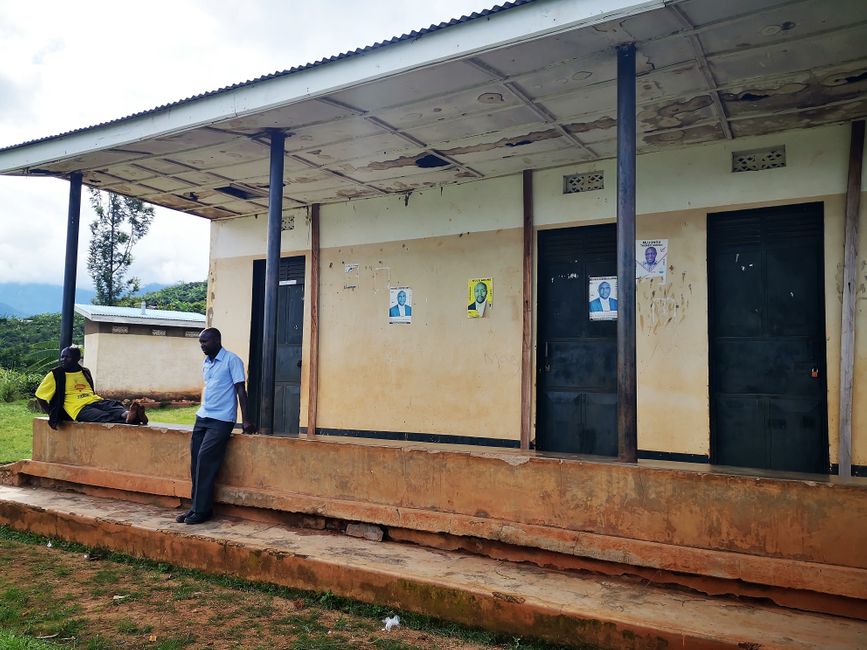
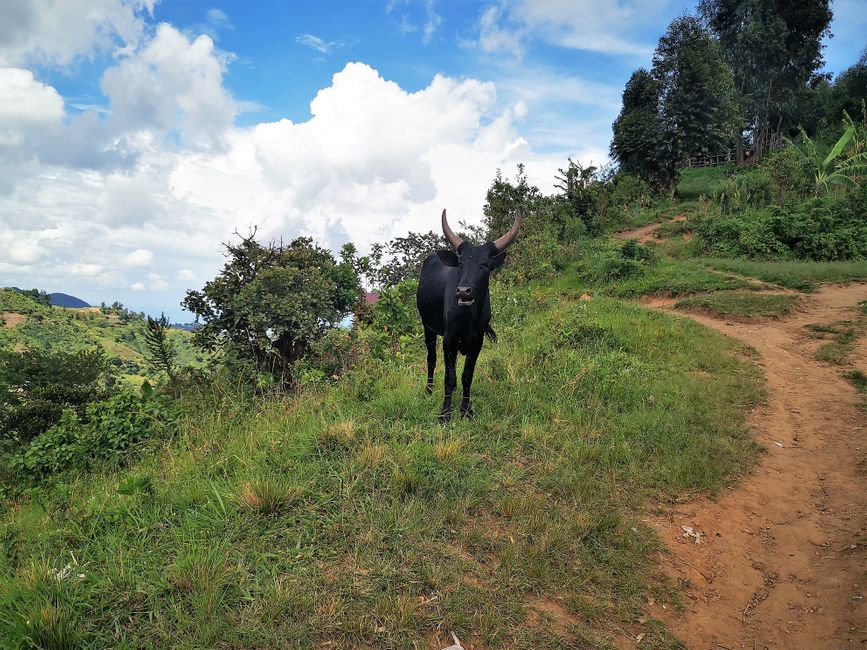
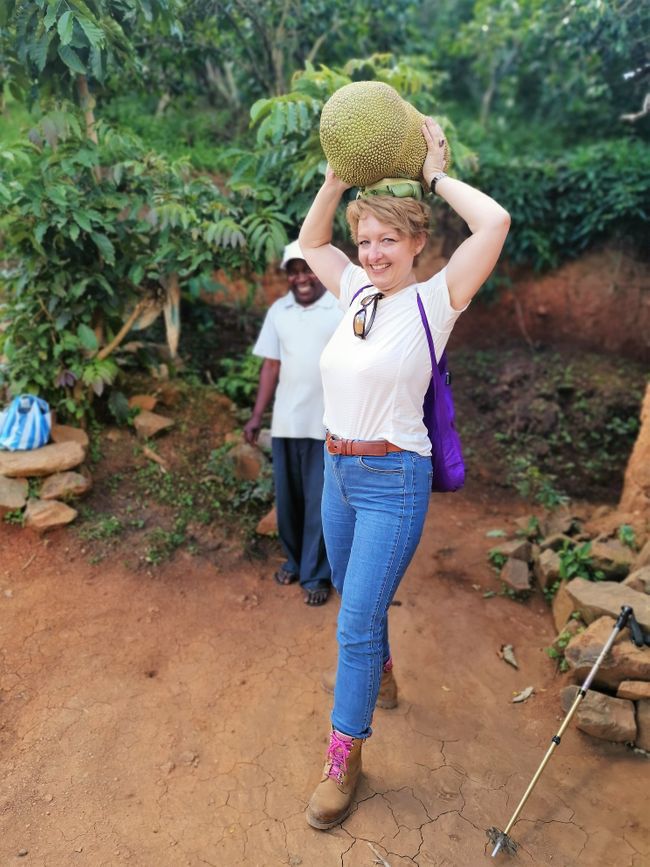
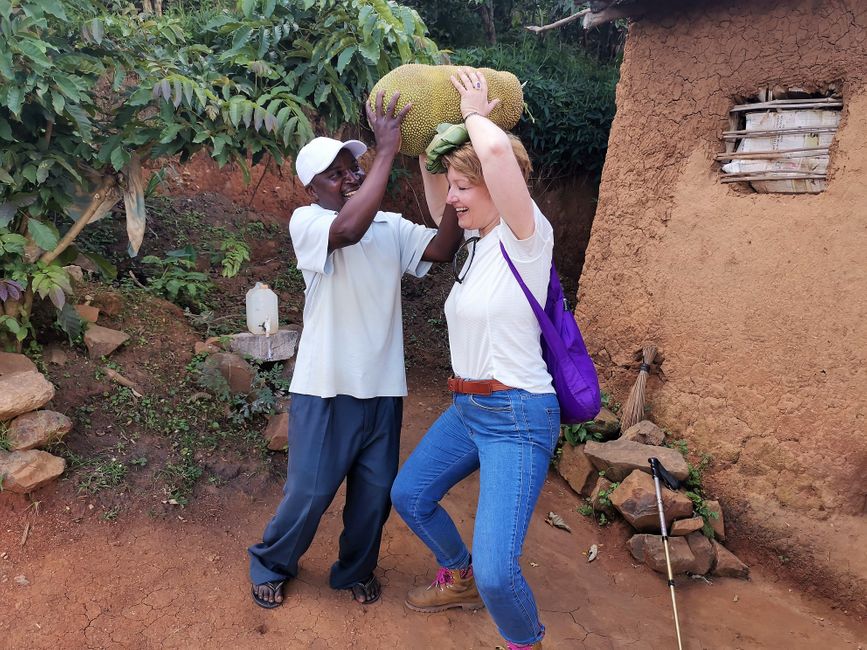
خبری مکتوب کے لیے درخواست دیں
I can hardly keep up with writing anymore. Although I try to capture as many of my impressions as possible, it's only about half of what I experience here every day! That's why I'm summarizing two days today.
On Monday, I coordinate with Bwambale on how to make the best use of the remaining office time. I advised them to first purchase a computer/laptop with mobile internet access (the mobile data connection is much more stable than WIFI). Because this way they can attend free online seminars in the future, among other things, to gain more knowledge about tourism topics, but also for benchmark analysis, research, etc. The possibilities that the internet has brought us in terms of expanding knowledge are unlimited.
My boss during my travel agency training once told me that I don't have to know everything, but it's enough if I know where to find the information. That was very good advice that I still follow today. (Mechthild Gress, gone too soon - greetings to the other side!)
That's why I always encourage my colleagues to use the knowledge that is so easily accessible online, often even for free. I also want to encourage them to exchange knowledge with other tourism service providers and have suggested establishing a "round table" for this purpose. There are so many people and organizations here who can be helpful for the tourism project.
I had wanted to take a short hike in the Rwenzori Mountains. At that time, I didn't know yet that the trip to Masule to the site of the future guesthouse would already be a unique hiking experience. And so I come to my next adventure in the mountains.
The director of Twin Wings College, Ludwig, told me about his guesthouse and trail in the Rwenzori Mountains (see my blog post from Day 8). I want to support him and therefore decide to take a tour to his facility in Mbunga. There is not enough time to start the entire route to Mbunga from the foot of the mountains - my condition probably wouldn't allow it either.... So the only option is to take the Boda-Boda (motorcycle taxi). So far, Baluku has always driven us by car or we have been walking.
On Tuesday, the time has come and Bwambale is punctually at 8 o'clock at the hotel to pick me up. However, the two Boda-Boda drivers are not. They still have to refuel. After half an hour and no sign of them, we start walking towards them and at least meet the first driver. There is still no sign of the second driver. Finally, after a delay of three quarters of an hour, he arrives. Bwambale scolds him, these Boda-Boda drivers would drink too much alcohol. Great, that doesn't reassure me at all, just like the information that he had an accident with a Boda-Boda before, which fortunately ended well. At least these two drivers seem to be sober.
With a lot of trust in God and a prayer to my guardian angel, who is constantly stressed out here with me, I get on the vehicle. There are no helmets. The Boda-Boda drivers themselves rarely wear a helmet, and I have never seen one on the passengers before.
It's only the third time in my life that I'm sitting on a motorcycle. At that time, I don't yet know that I have "booked" the Boda-Boda Special Motocross Tour. First, we drive through Kasese and I'm glad I have my sunglasses to protect my eyes from insects and dust. Then the "ascent" begins on an unpaved road. There are potholes, grooves, gravel, everywhere.... The photos can't even begin to capture what this route looks like. I hold on to the handlebars with my hands and squeeze my legs so tightly to the seat that I feel like my legs could fall off at any moment. After half an hour of driving, I need a break. After that, I get a little used to the unfamiliar sitting position, but it doesn't get any easier. The Boda-Boda drivers use their motorcycles like goats. At one point, the slope is so steep that we have to get off and walk a bit, because even these experienced riders can only handle this incline without the burden of a passenger.
The next stop takes us to Emmanuel, who runs a small private clinic here. A doctor comes by once a week. He says that his clinic is a point of contact for 900 people in the surrounding area. In contrast to the public hospital, which we will pass later on our hike, he even has two beds. The public hospitals are divided into four categories here, I learn. Depending on the category, it is either a basic or a comprehensive care facility. The public hospital is a "grade 2" and therefore does not have any hospital beds. For serious illnesses, people have to go to the hospital in Kasese.
We continue on foot from Emmanuel's private clinic to visit Ludwig's guesthouse. It is a beautiful place with a unique view of the Rwenzori Mountains. There are already several guesthouses, a restaurant, and even sanitary facilities with showers and toilets that the guests share. The revenue from the guesthouses also enables a small school to be operated right next door. In addition, Ludwig's students from Twin Wings College receive practical training and jobs here. Ludwig has done a great job here! He was supported by a Norwegian volunteer, after whom a guesthouse and the restaurant are named.
After our visit to Masule on Sunday, my colleagues asked me if they could name their guesthouse and trail after me. What an honor! However, I advised them to use my first name instead of my surname, which seems very exotic to them. Together with Masika (Lokonjo for firstborn daughter), it can tell a beautiful story.
Our guide Alexander is already waiting for us at the guesthouse. We get back on the Boda-Bodas, with Bwambale, Alexander, and the Boda-Boda driver sharing a motorcycle.
Next, we stop at a small village where Bwambale briefly visits his aunt. She is the younger sister of his deceased mother. We meet her at the church, where she organizes the distribution of microcredit loans with other women. The women support each other by lending small amounts of money (microcredits) among themselves. These initiatives are usually organized by mother's circles, which belong to every church community.
There is even a bar in this village, but it is closed. Instead, some young people sit in front of it and drink banana schnapps.
We continue with our Boda-Bodas. Our ride with the motorcycle taxis ends at a construction site where a new mobile phone mast is to be erected; this is the entry point to Ludwig's trail.
The trail follows the mountain ridge and the view is magnificent. Without the clouds, you could even see Margherita Peak, the highest peak of the Rwenzori Mountains, with its 5109 meters.
On the way, we meet a Frenchwoman with her guide, who is currently staying at Ludwig's guesthouse. I learn that I am only the second visitor since the start of the Covid pandemic last year.
That's why the trail is also in its "original condition" again, i.e. completely overgrown, and although the slopes are limited, I would give this hiking trail the difficulty level of five out of five hiking boots... I am very grateful for the ski pole that a friend of Bwambale lent me, as well as my Panama Jacks, which have already served me well on the trip. Bwambale and Alexander are wearing street shoes. I have known since my hike to Masule that this is normal here.
The trail leads through fields where passion fruits, beans, potatoes, and yams are grown. Alexander knows a lot and tells me that the Wakanjo people live in this region, who are known in Uganda for their short stature and speak Lokonjo, one of the Bantu languages. A while ago, I met a couple at the hotel who were at least 1.90 meters, probably even 2 meters tall. Alexander explains that they were probably from northern Uganda, where people are much taller than in the Rwenzori region.
Next to us, a water channel flows, which was artificially created. The water comes from the Rukoki waterfalls, the final destination of our hike, which we reach after 1 ½ hours. We are at an altitude of 2400 meters here, while Ludwig's guesthouse is located at an altitude of 1800 meters. After a short break, we start our way back.
We pass the public hospital and a small village where a cow mules very impressively. After a quick late lunch in Ludwig's restaurant, we head back. I want to be back in Kasese in time before the banks close at 5 pm.
The Boda-Boda ride down to the valley is no less adventurous than the ride up, only now I have found a slightly more comfortable sitting position. Tomorrow, I will definitely have sore muscles in my legs - not from the challenging hike, but from constantly gripping onto the motorcycle seat
We arrive at the Centenary Bank on time, where I can collect my cash today. First, I pay the Boda-Boda drivers. With 100,000 UGX (about 24 euros) for the round trip for Bwambale and me, it was a bit more expensive than a normal ride would cost. But since the drivers accompanied us all day and considering the difficulty of the route, the costs are absolutely appropriate.As described in a previous blog post, I need endless amounts of cash here. I haven't been able to pay with a card anywhere here. I will also have to pay the hotel in cash, as the card machine is still broken. Moreover, my money disappears here like in an elephant's trunk. Although Uganda is one of the poorest countries in the world, it is relatively expensive compared to that.
After some back and forth and further research, I finally found a way to get a larger sum of cash relatively cheaply. This way, I can also bypass the ATMs, where only a certain, relatively low maximum amount can be withdrawn per day, and thus also the outrageously high bank fees of my bank in Germany, which profit from every withdrawal transaction.
I finally came across World Remit, a relatively new provider of international transfers. I couldn't realize my transfer with Western Union or Moneygram, which I had initially thought of. After using World Remit for the first time, I can highly recommend them. It was very easy and quick, and I was able to make the transfer from my own account without any problems, so I didn't have to ask anyone to send me money, but could handle everything directly online myself. In addition, their exchange rates are based on the amount of the transfer (the higher the better), so I got my money at a very good exchange rate.
I leave the bank with several bundles of money held together with rubber bands. To Bwambale, I say that I feel like Miss Moneypenny, James Bond's secretary, right now. All that's missing is the briefcase chained to my wrist.
Our next stop is Baluku, where I can finally pay for the majority of the planned tour. Baluku jokingly says that he would buy me from my parents for 12 cows. I ask if that's a good price and how much a cow would cost. The answer is 600 USD, I quickly calculate and say that's very little and that I would expect young cows for that price. When I ask how much it would cost to get married in Germany, I reply that for negotiation reasons I shouldn't actually reveal that he could get me for free in Germany.
Bwambale later tells me that 12 cows would actually be a very good bride price. The usual bride price here is 12 goats and 12 jugs of banana schnapps, although the price of the goats can still be negotiated and usually only 6 goats are handed over, the rest in cash. In addition, there are smaller gifts, such as a new suit and a new dress for the future in-laws.
Back at the hotel, I hand over my remaining bundles of money to Julius, the hotel manager. He records the amount and securely locks it away in the safe. I had also only recently learned that this is how valuables are secured here. Because in my room, I don't have the possibility to do that.
Later in the evening, heavy rain and thunderstorms set in. Despite closed windows and doors, various moth-like insects (as big as dragonflies) find their way into my room. They even manage to get under my mosquito net, where I have a little battle with them to get rid of them.
خبری مکتوب کے لیے درخواست دیں
جواب دیں۔
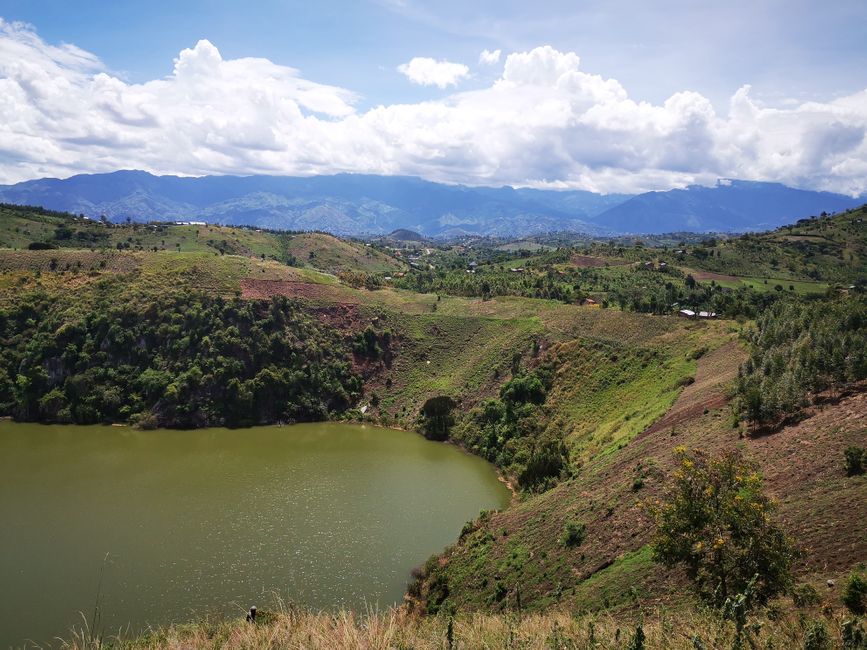
سفری رپورٹس یوگنڈا

